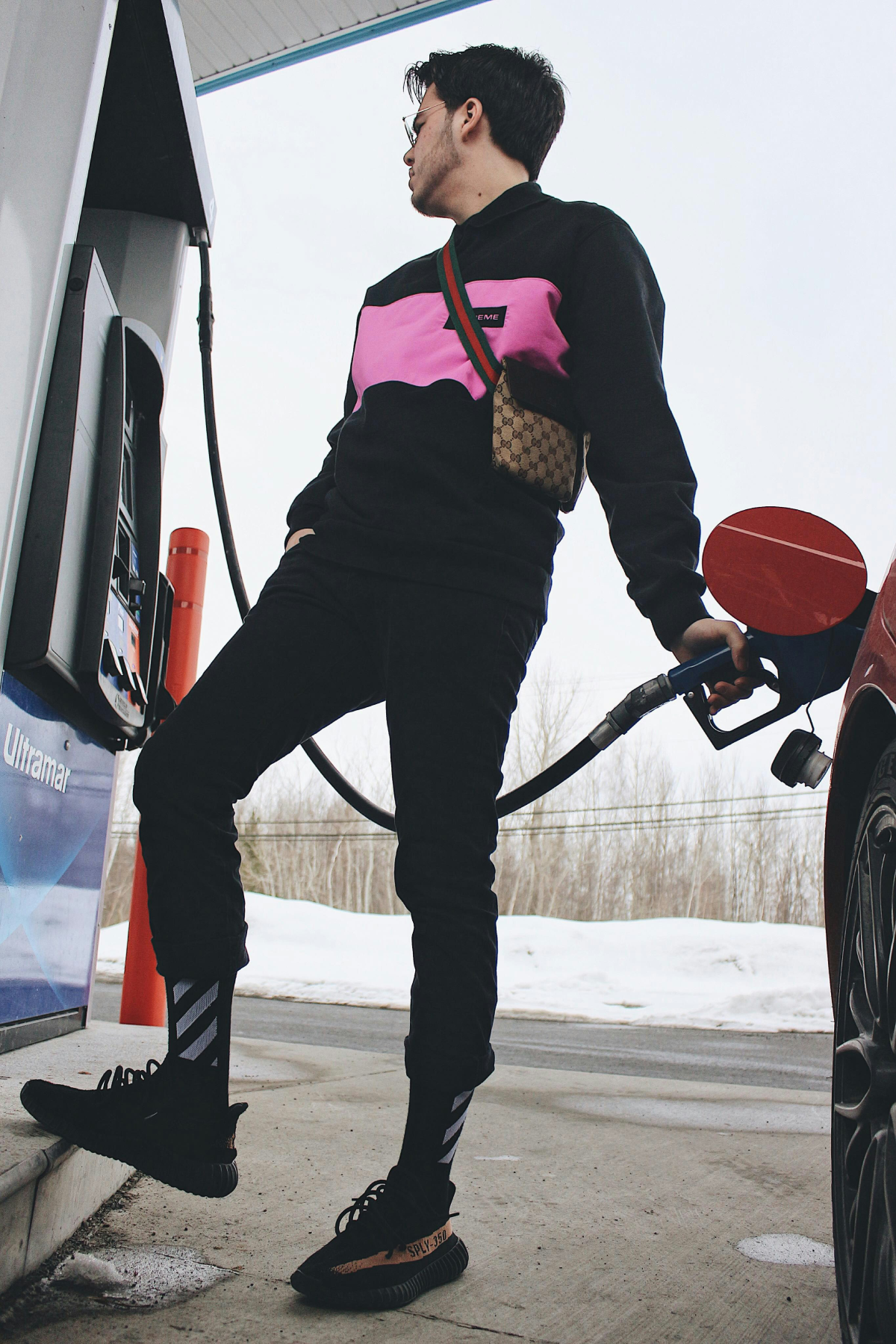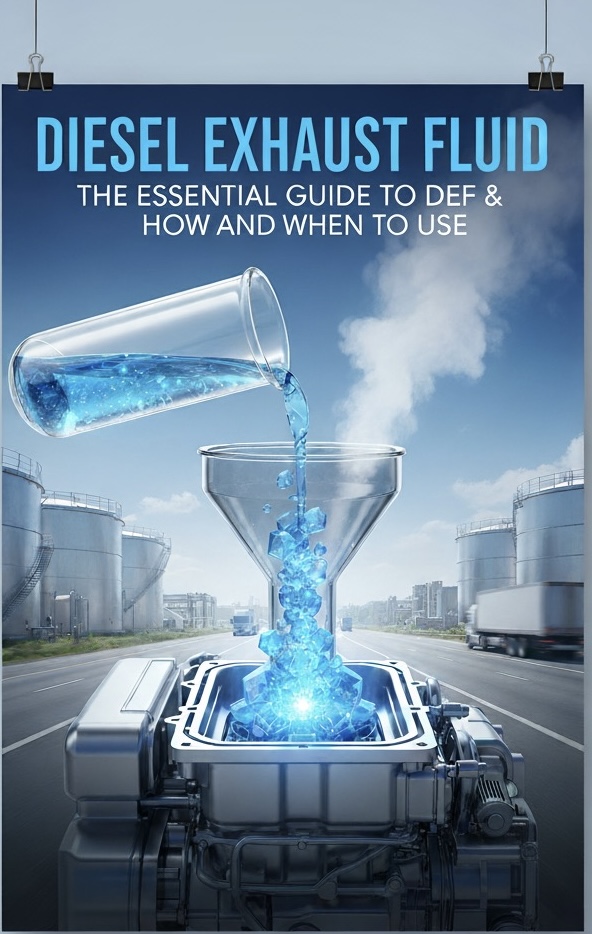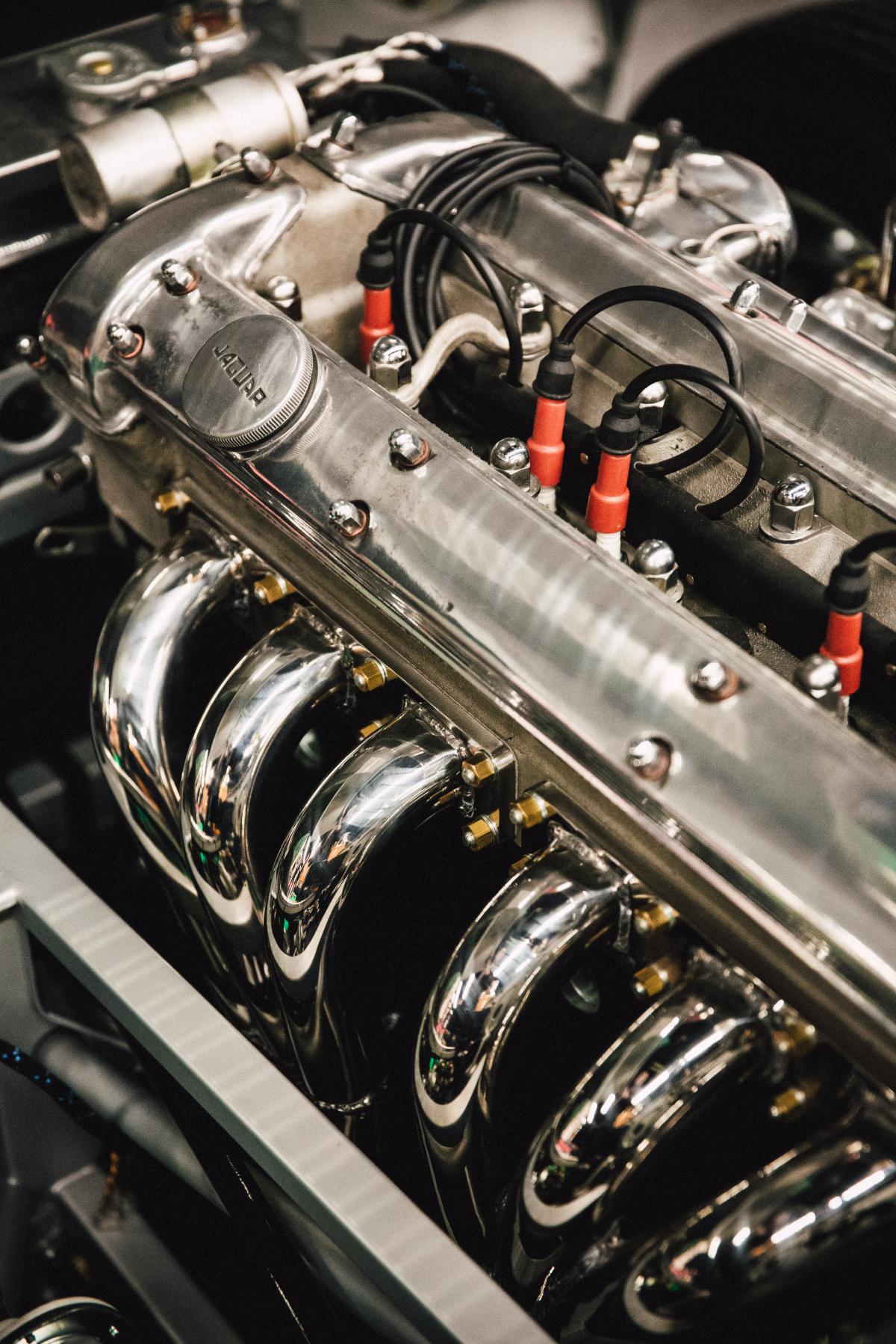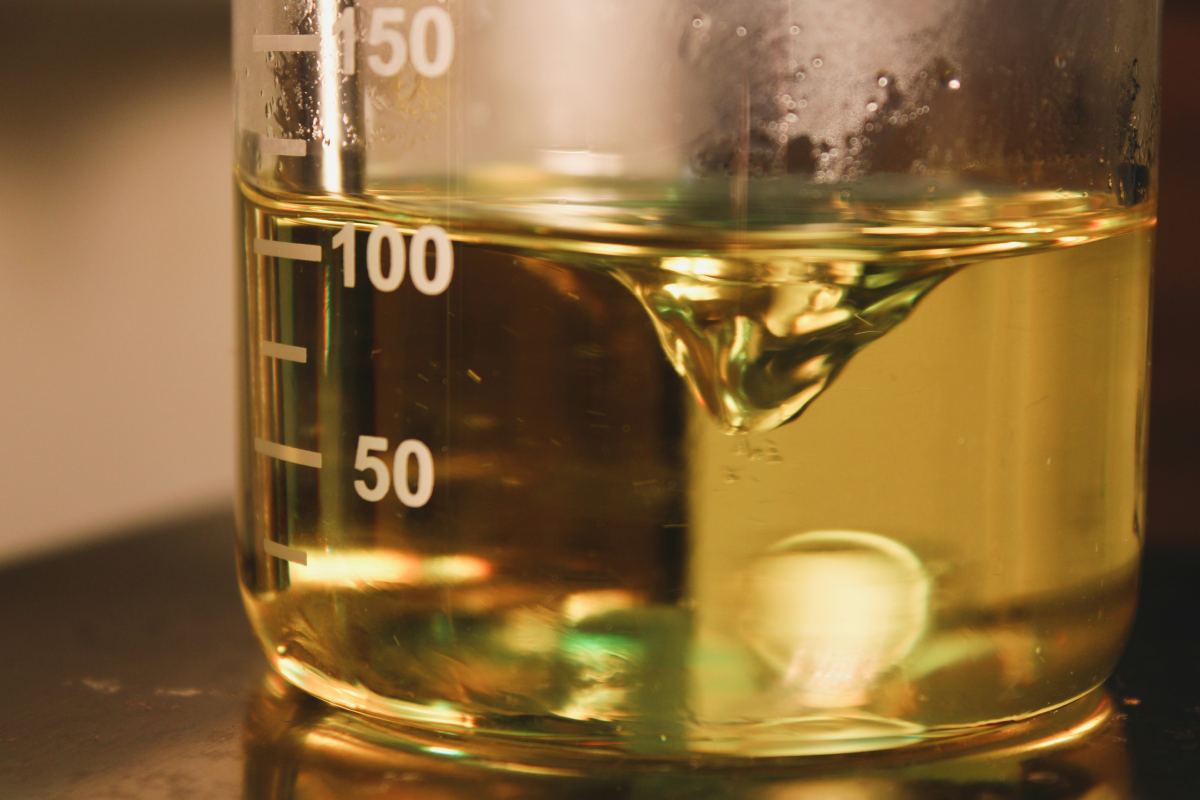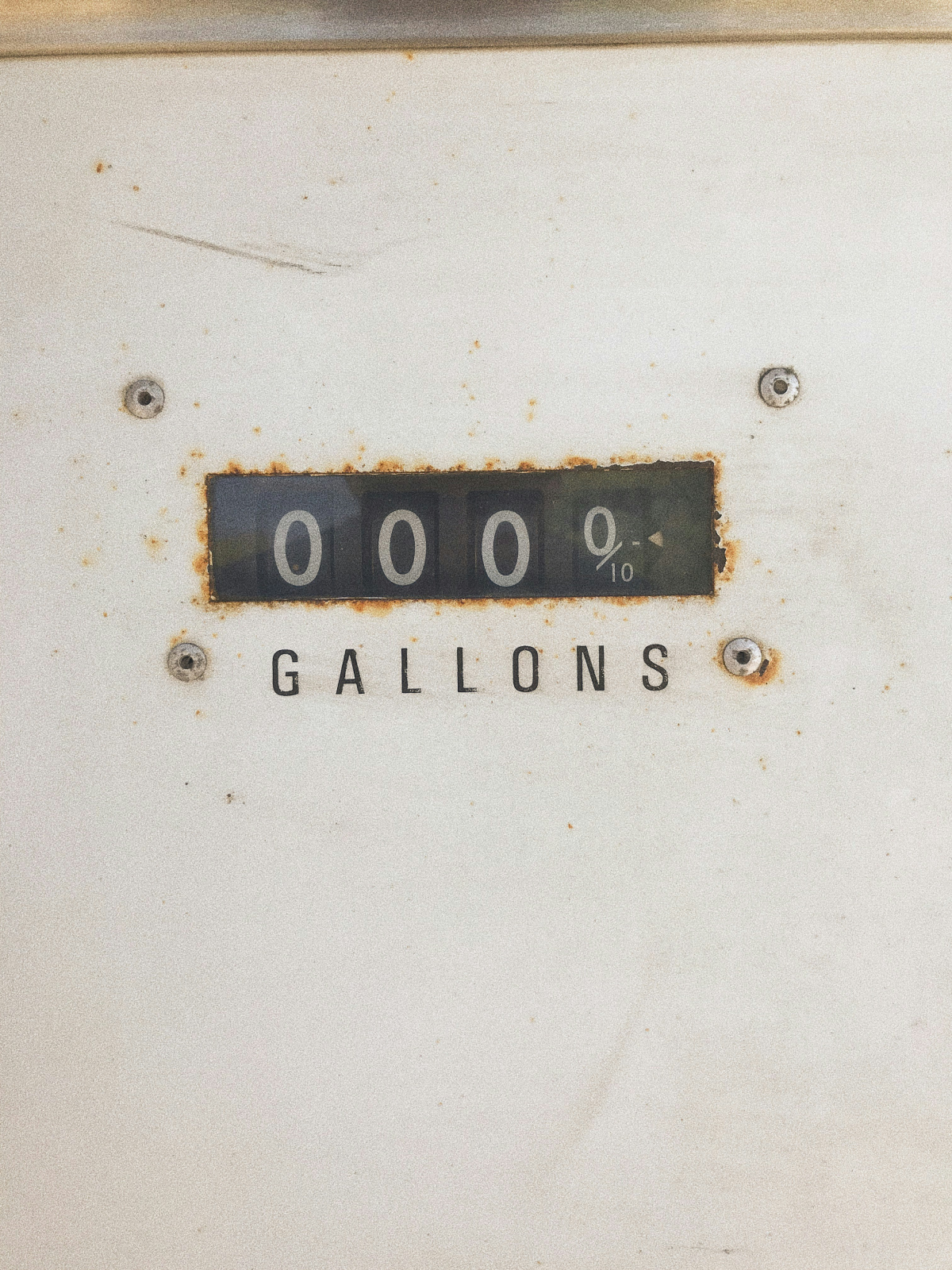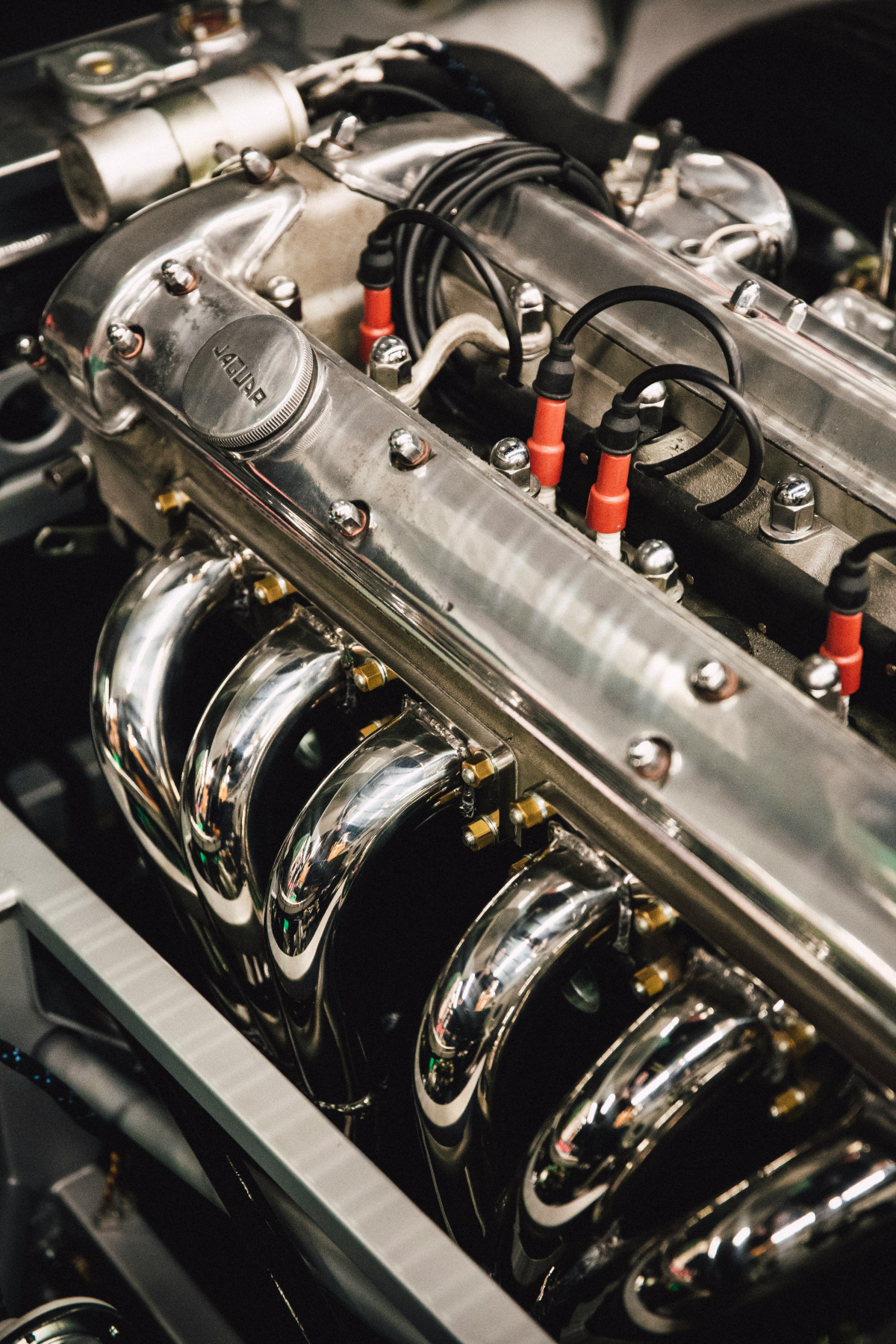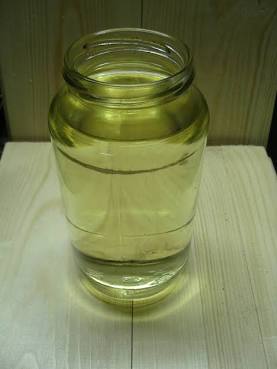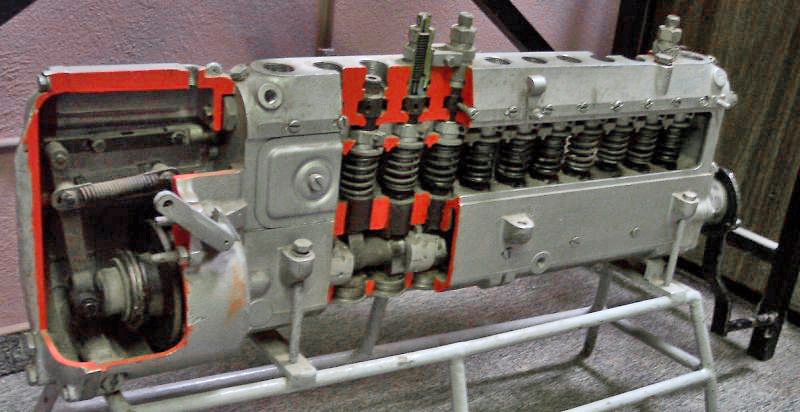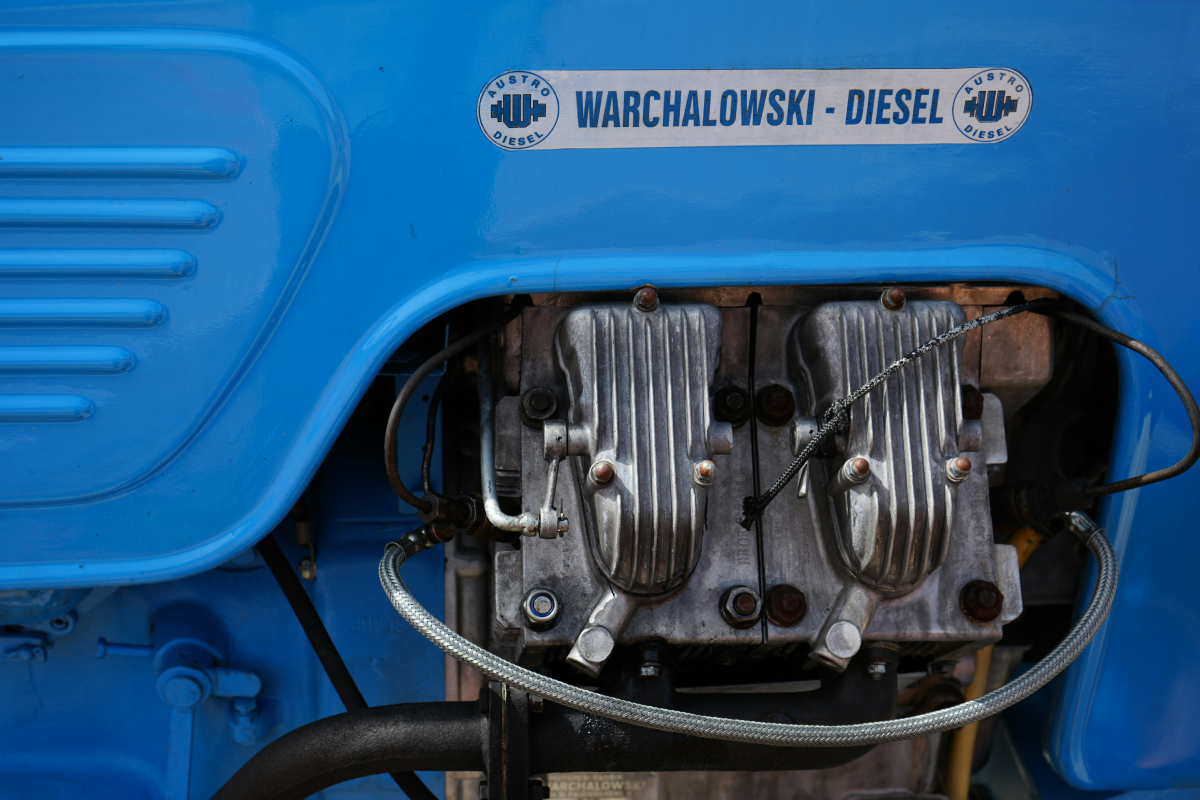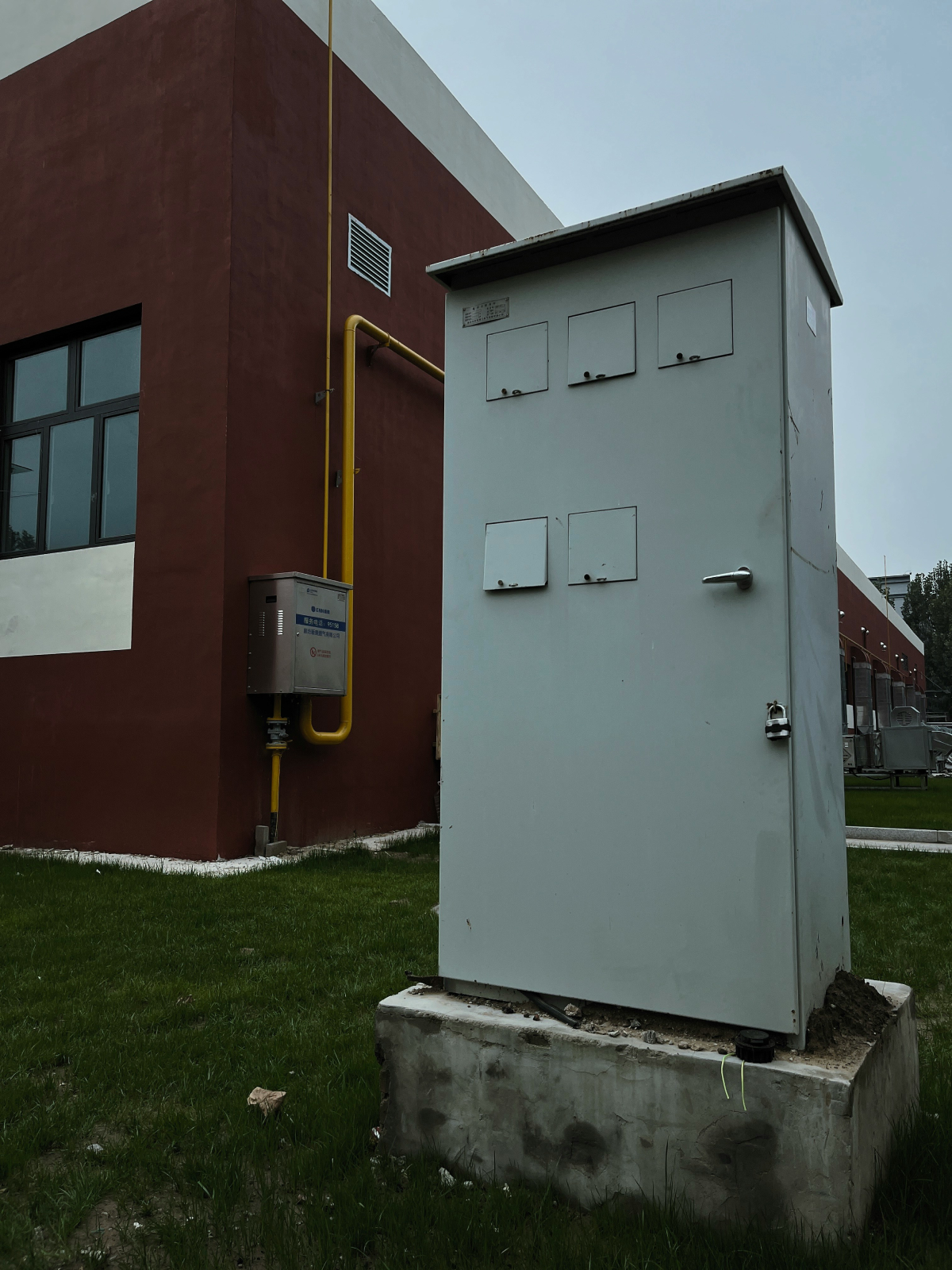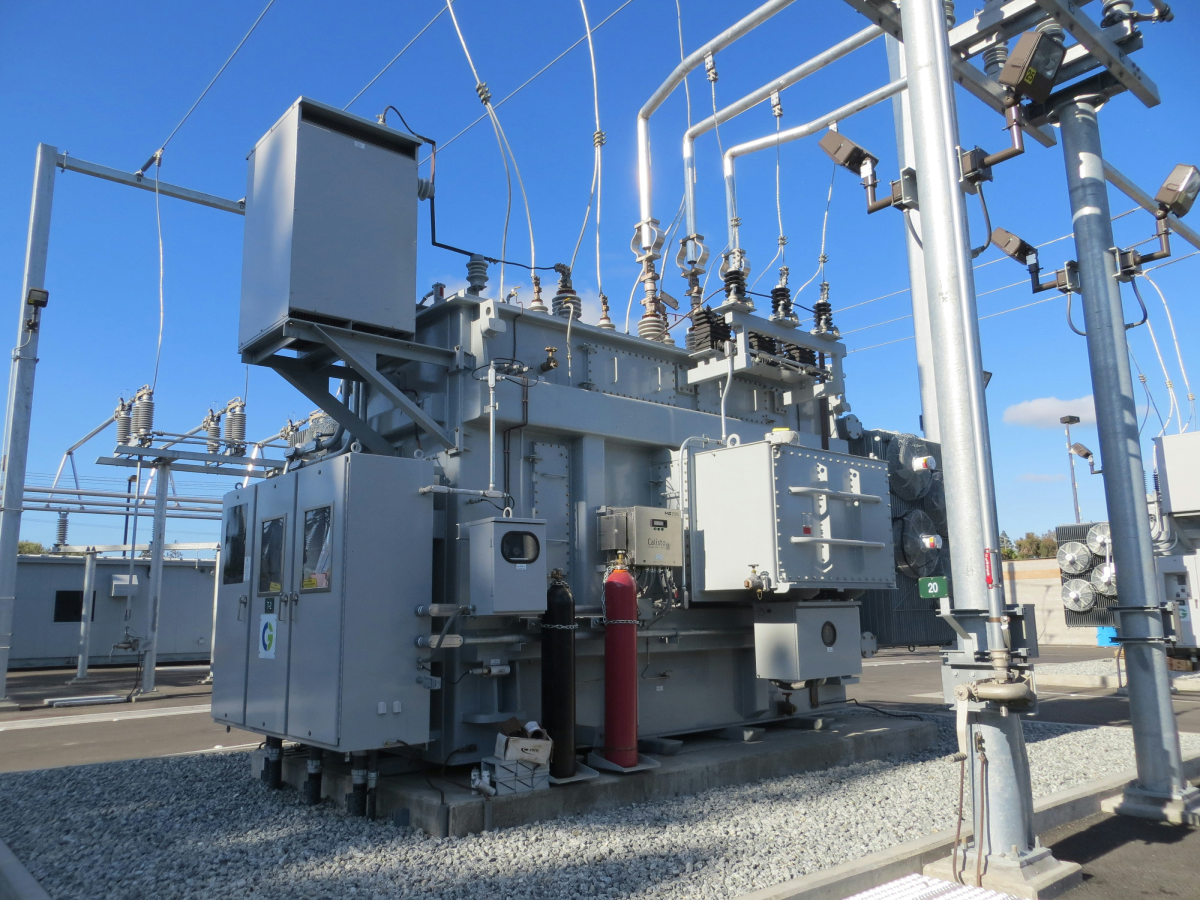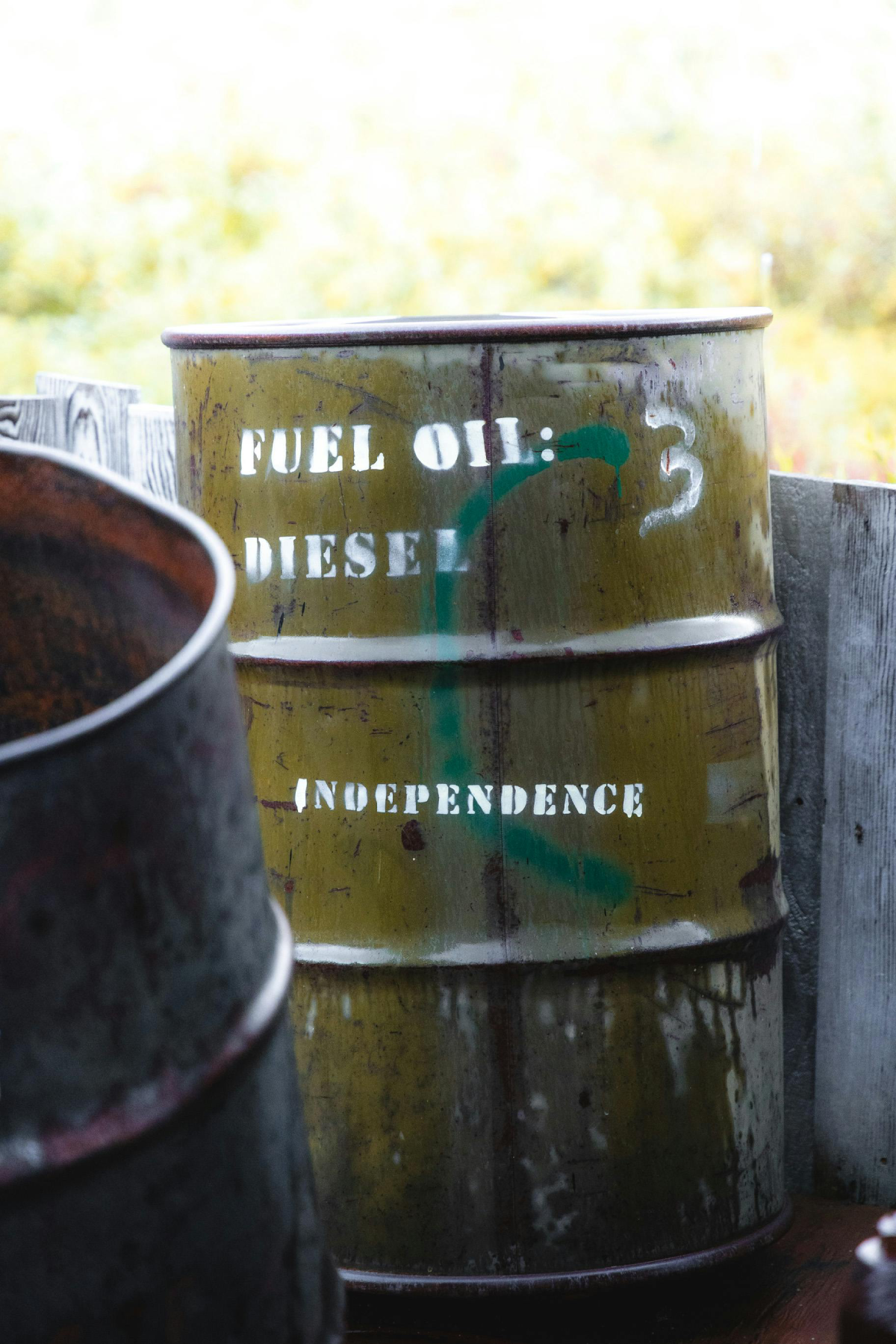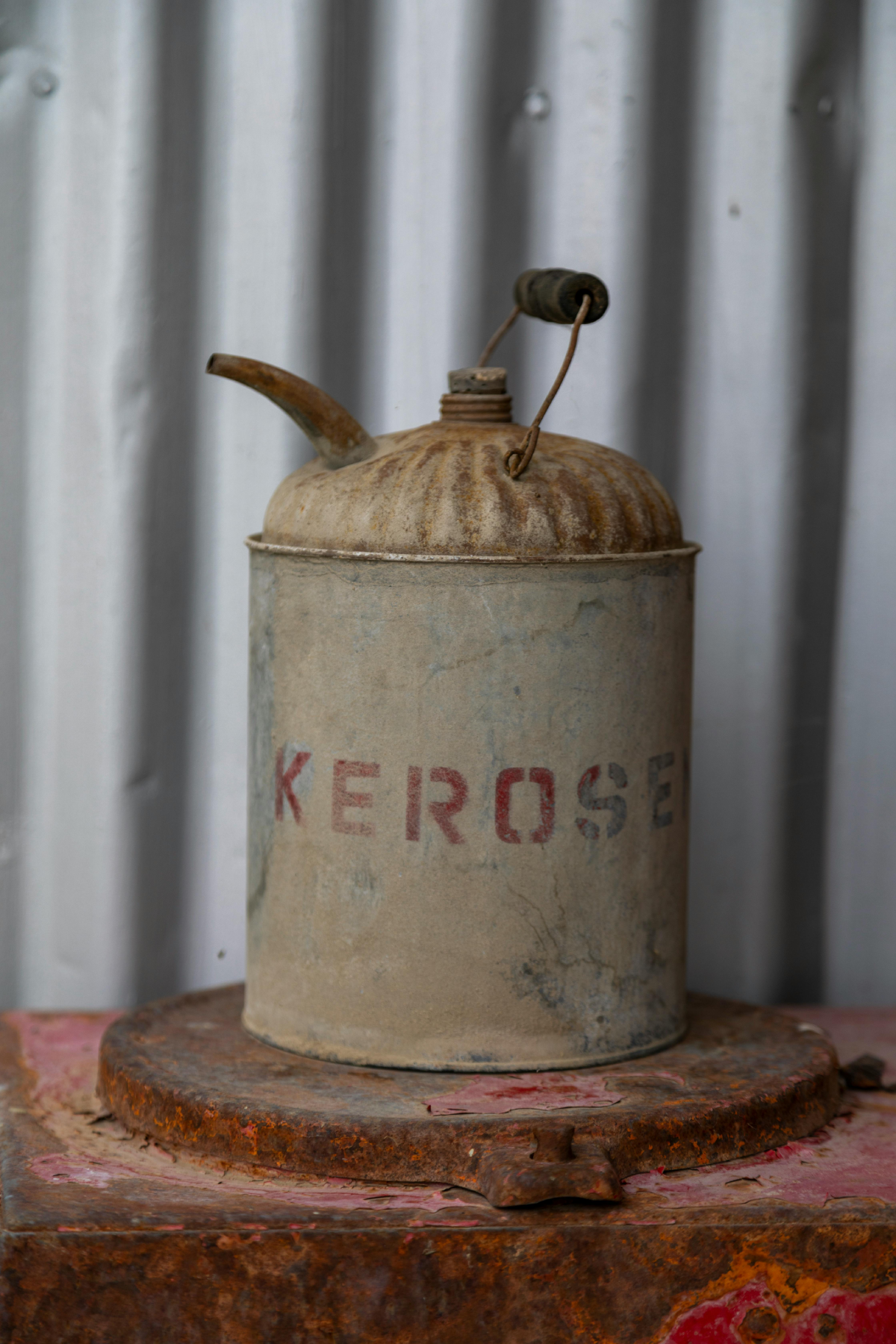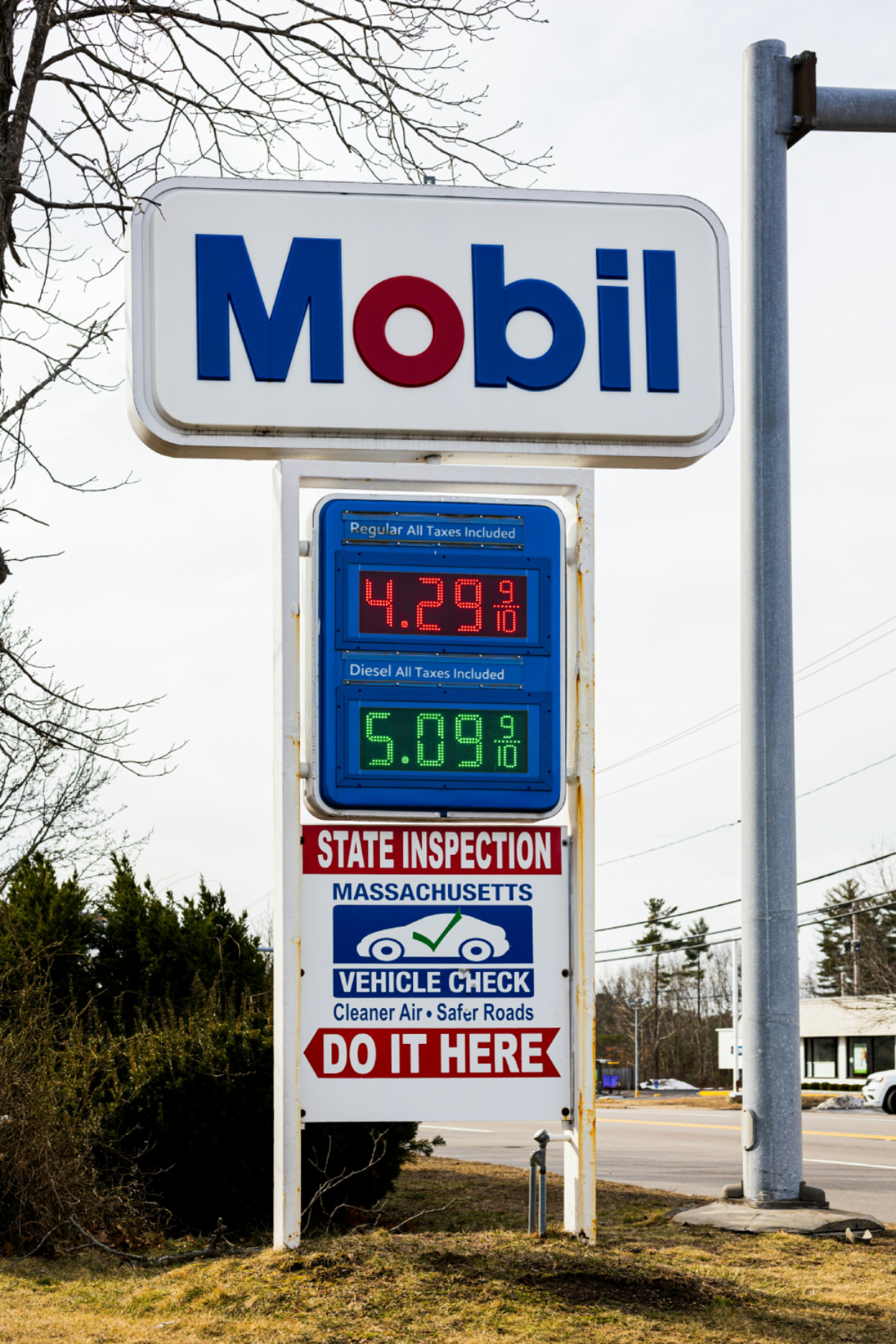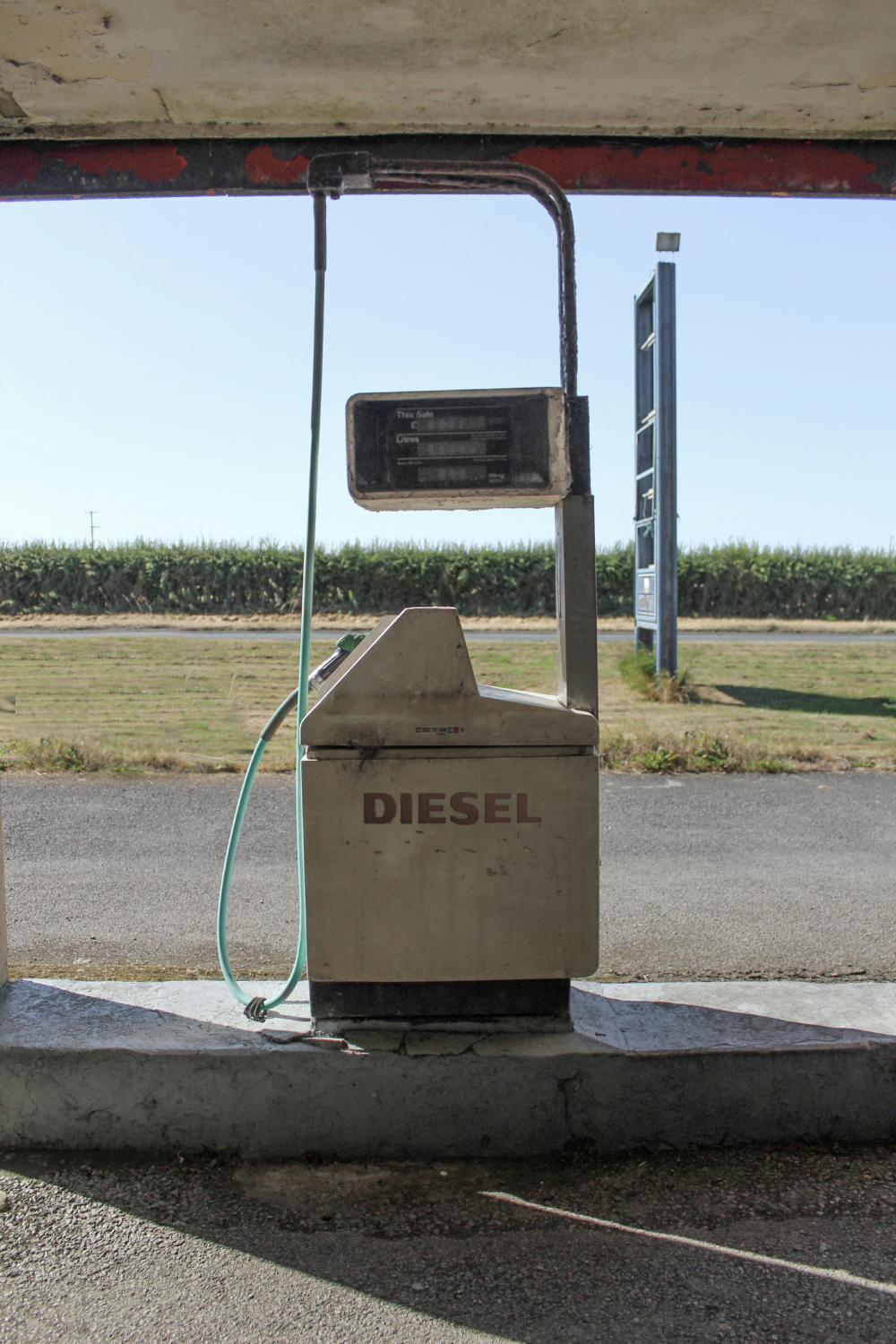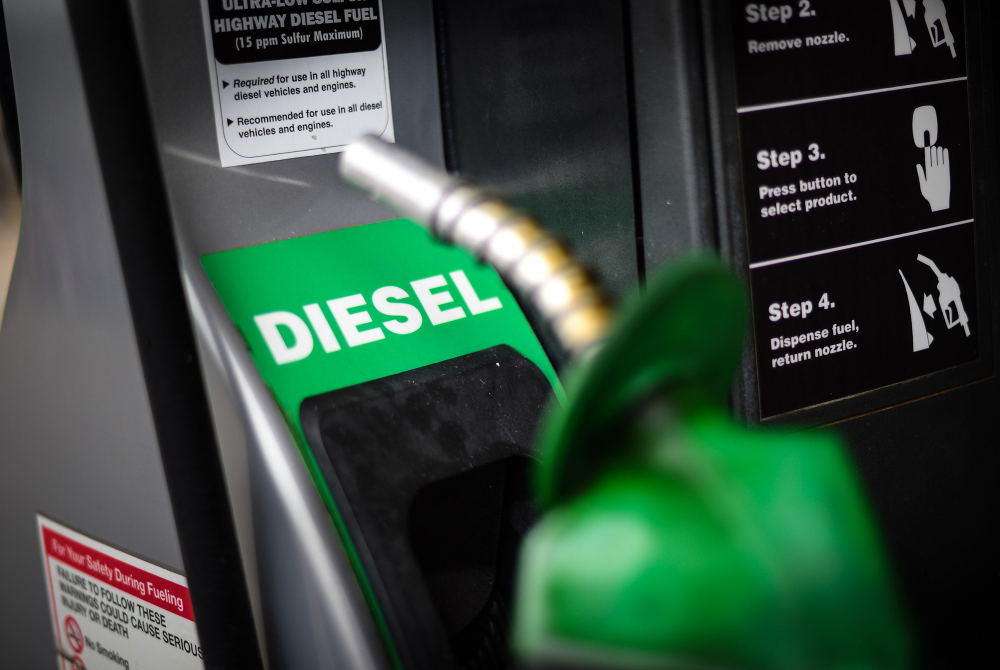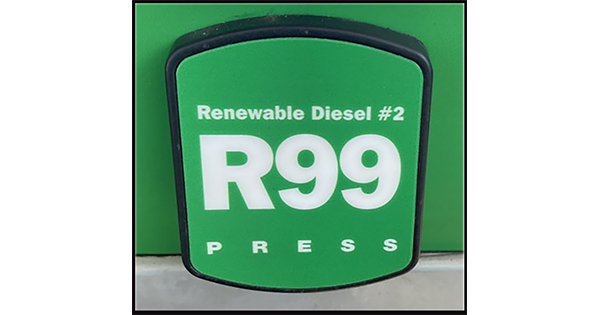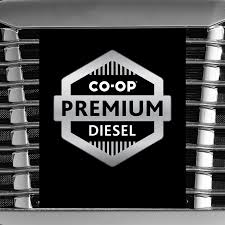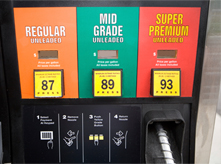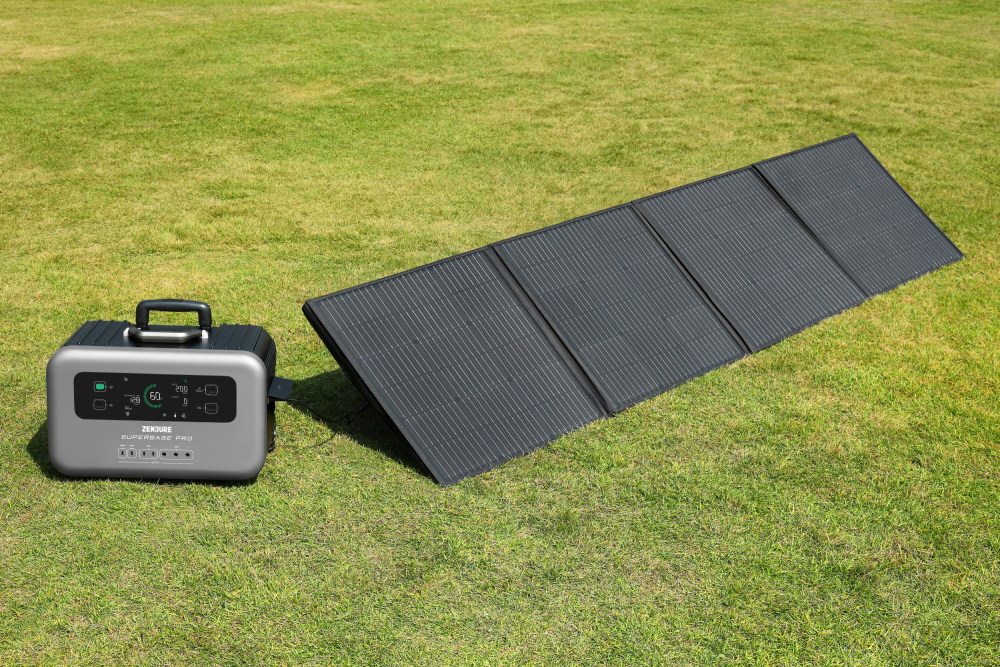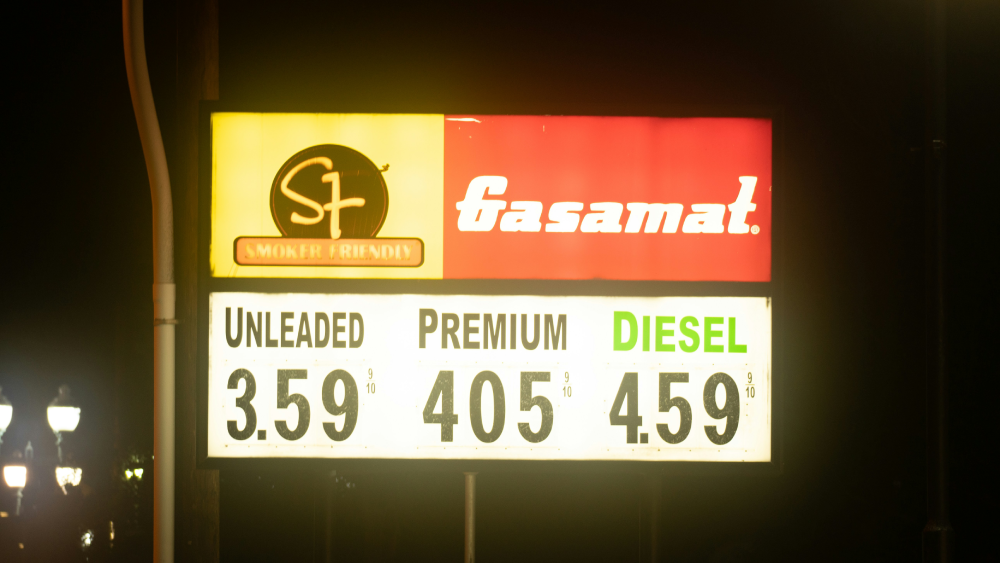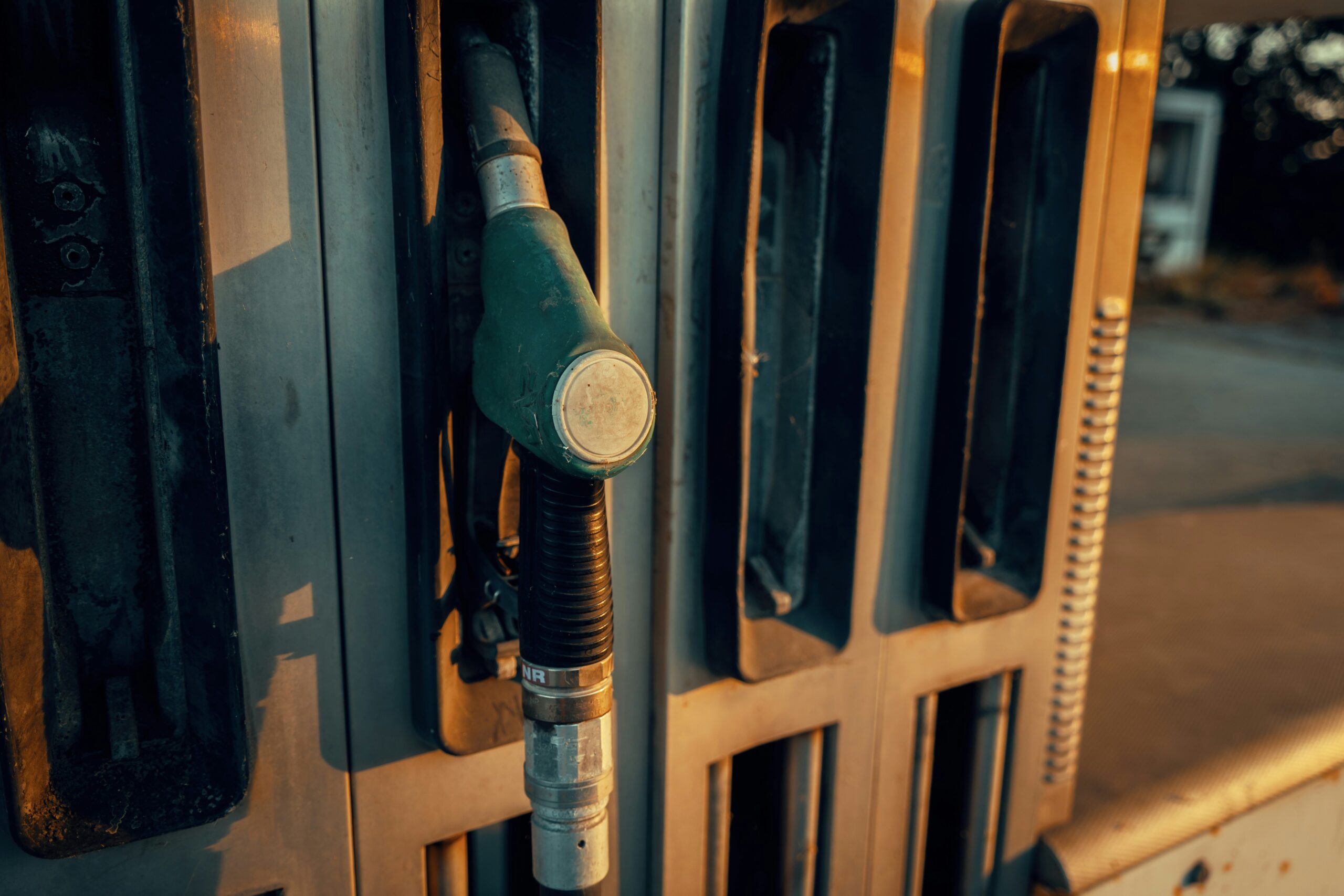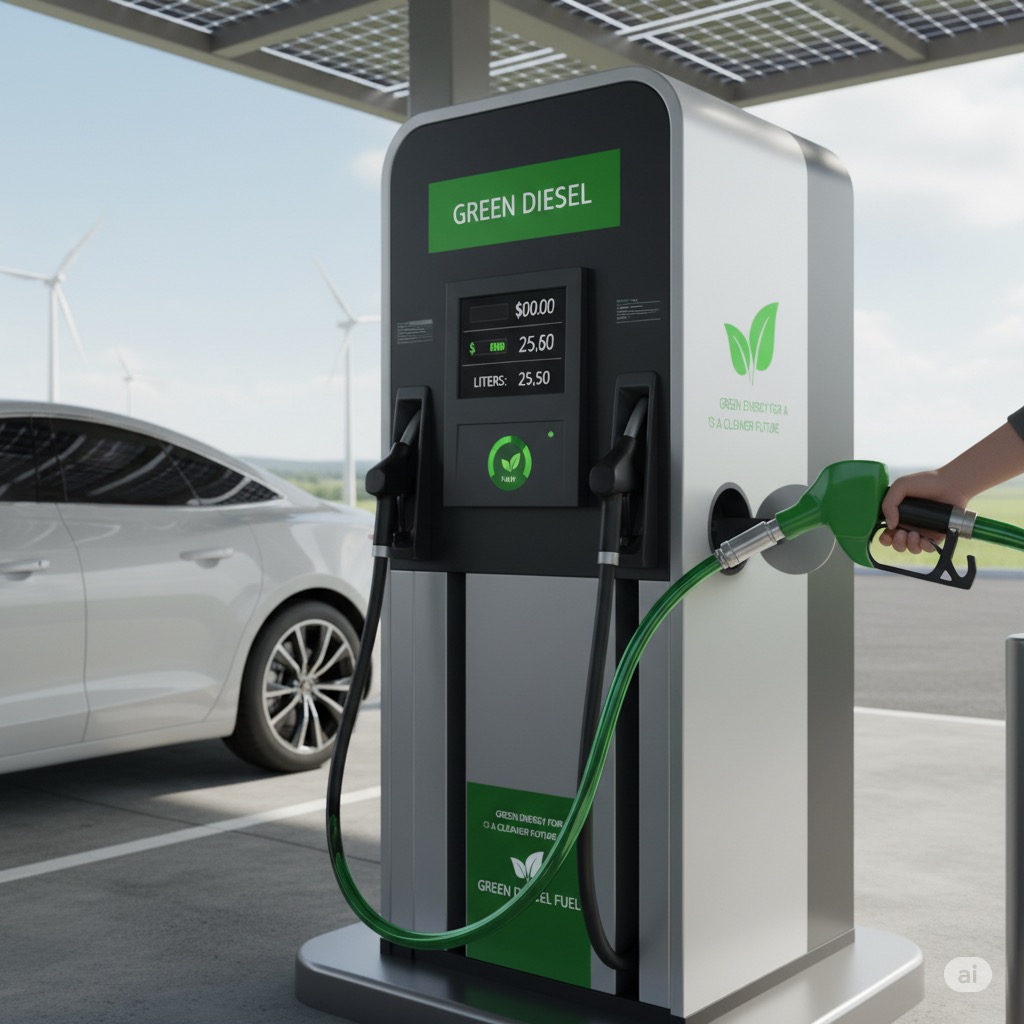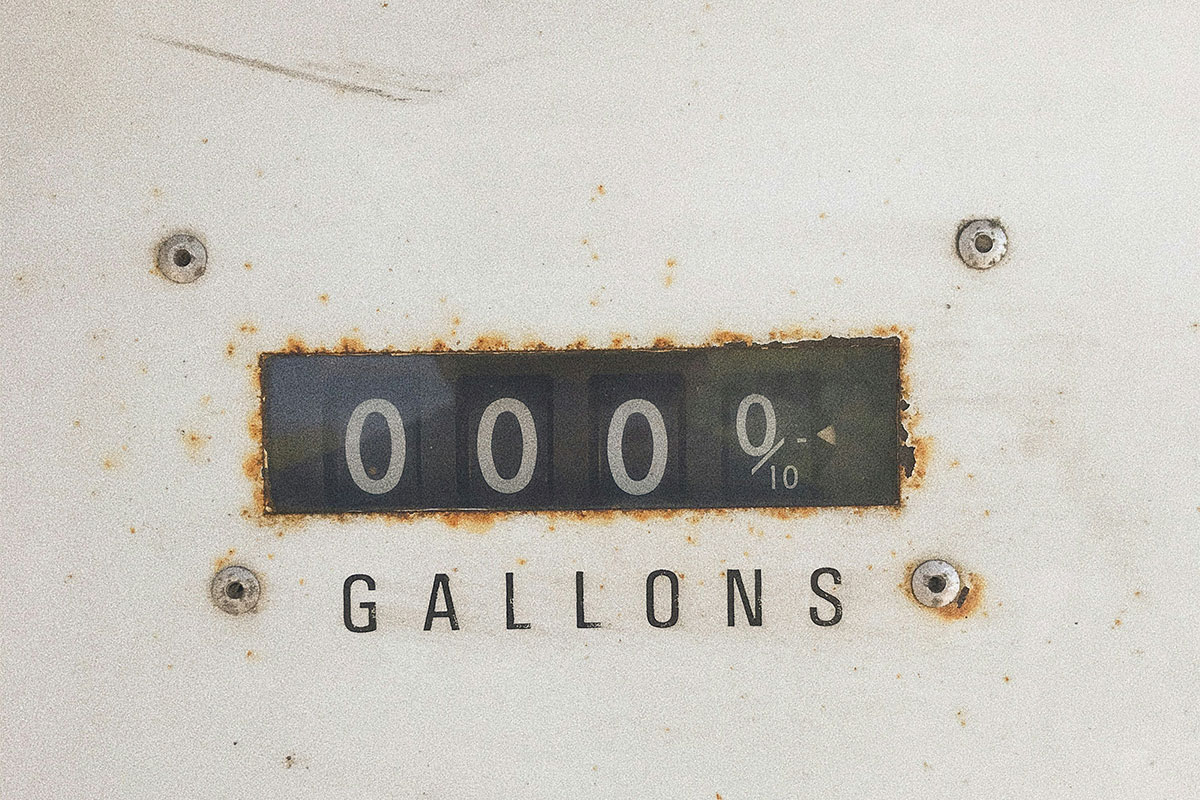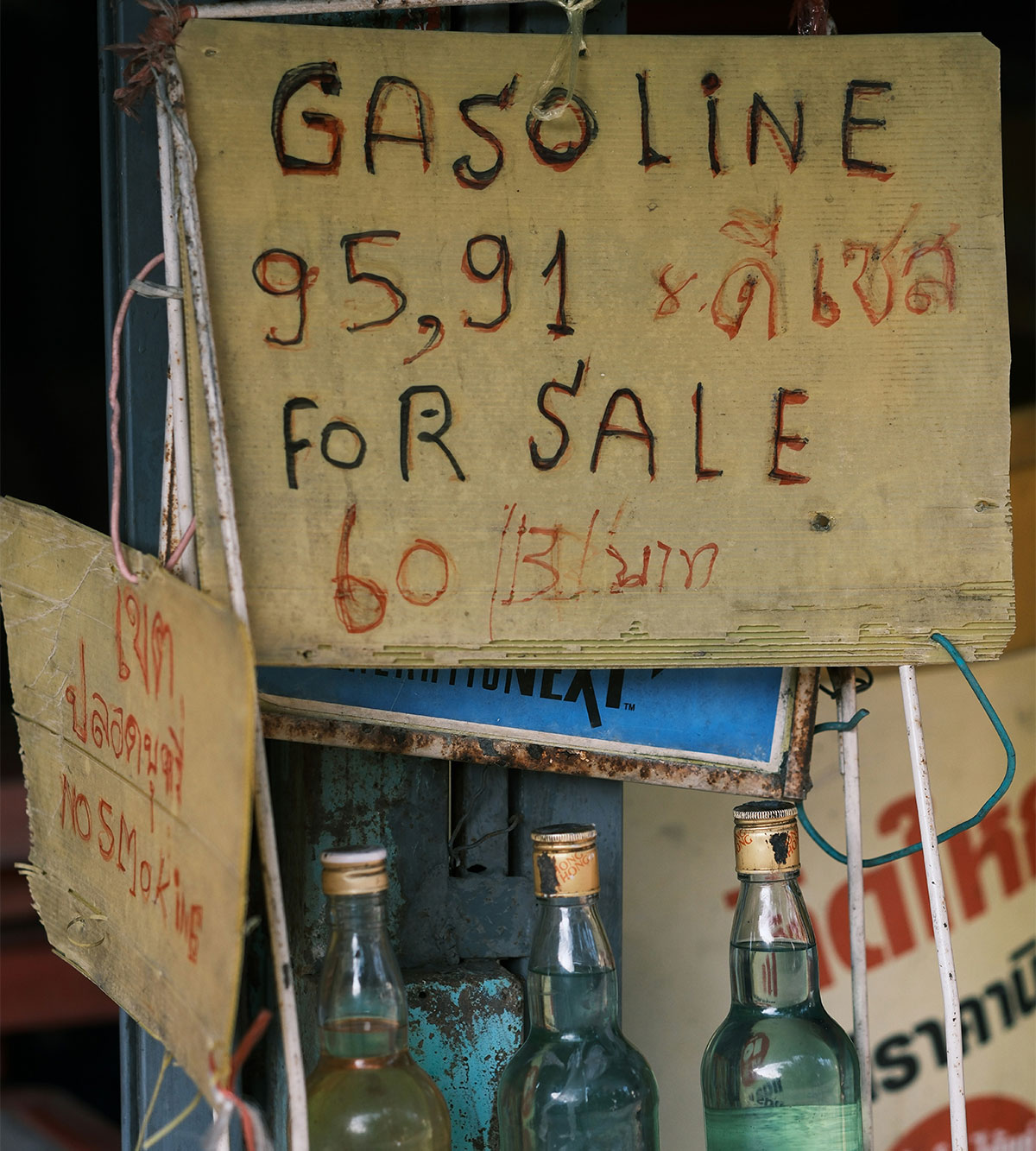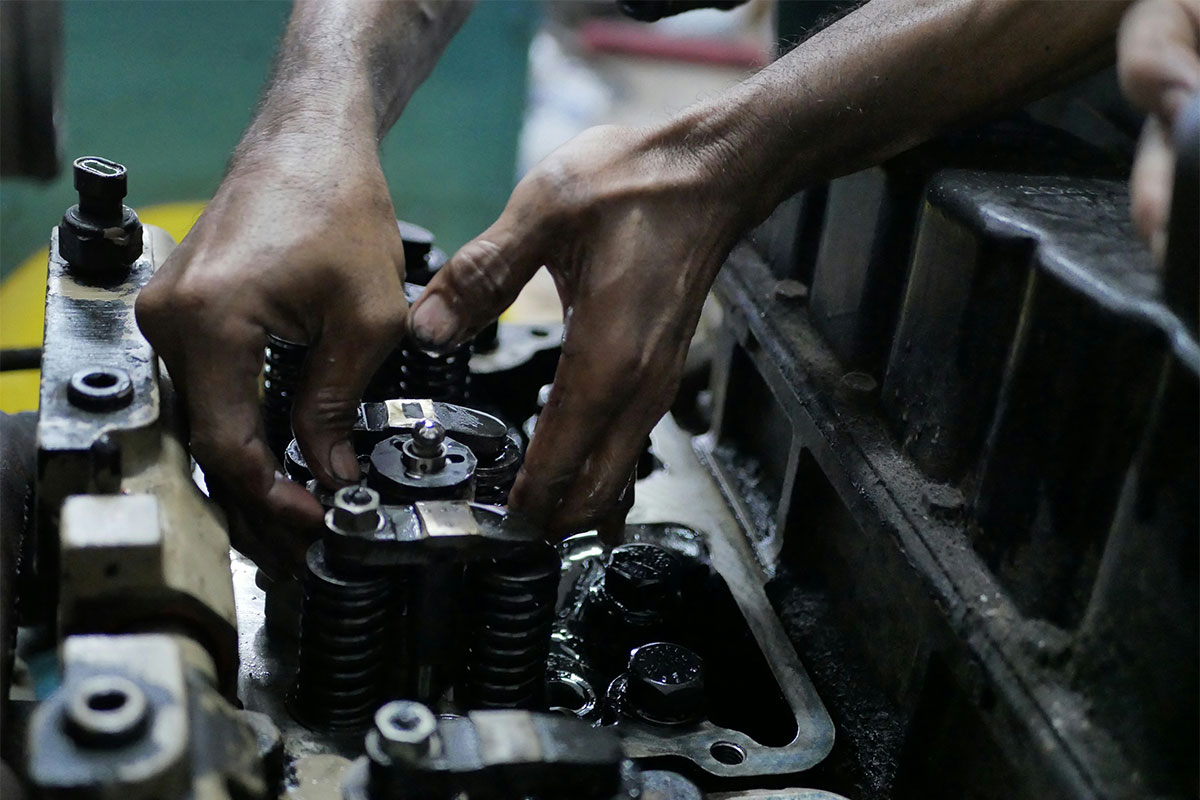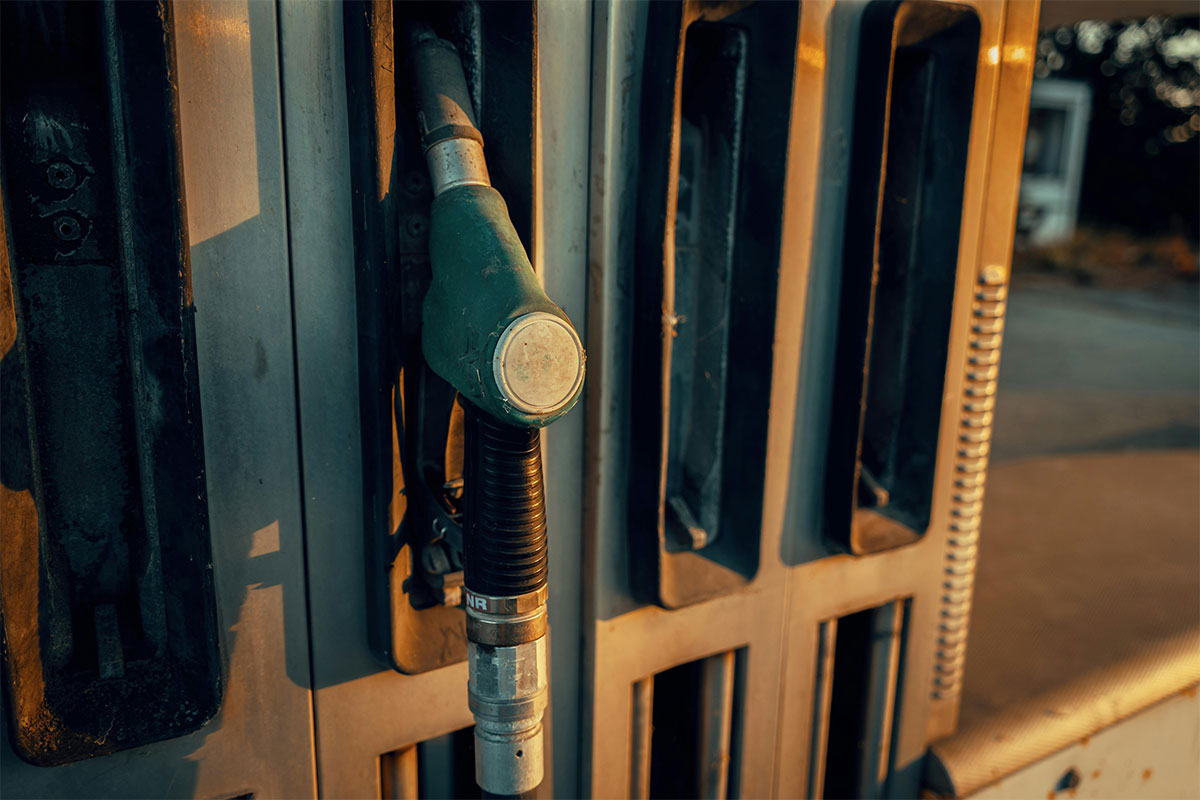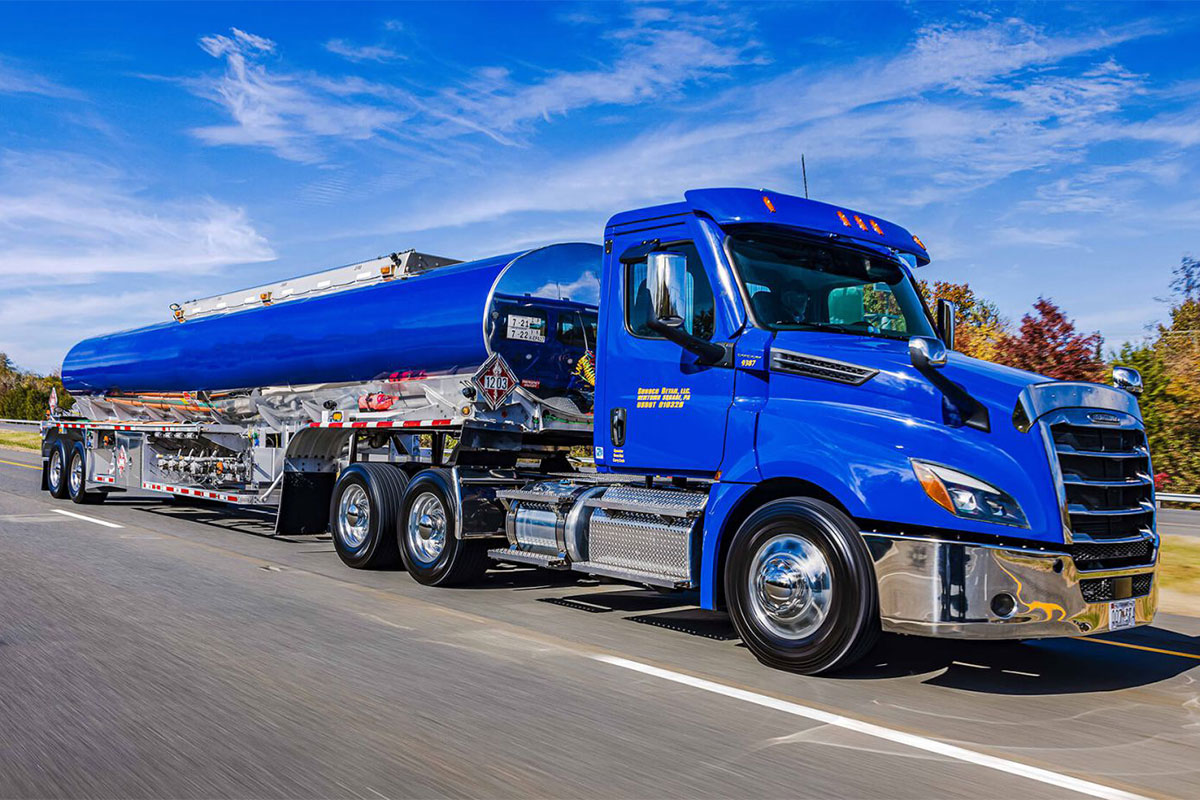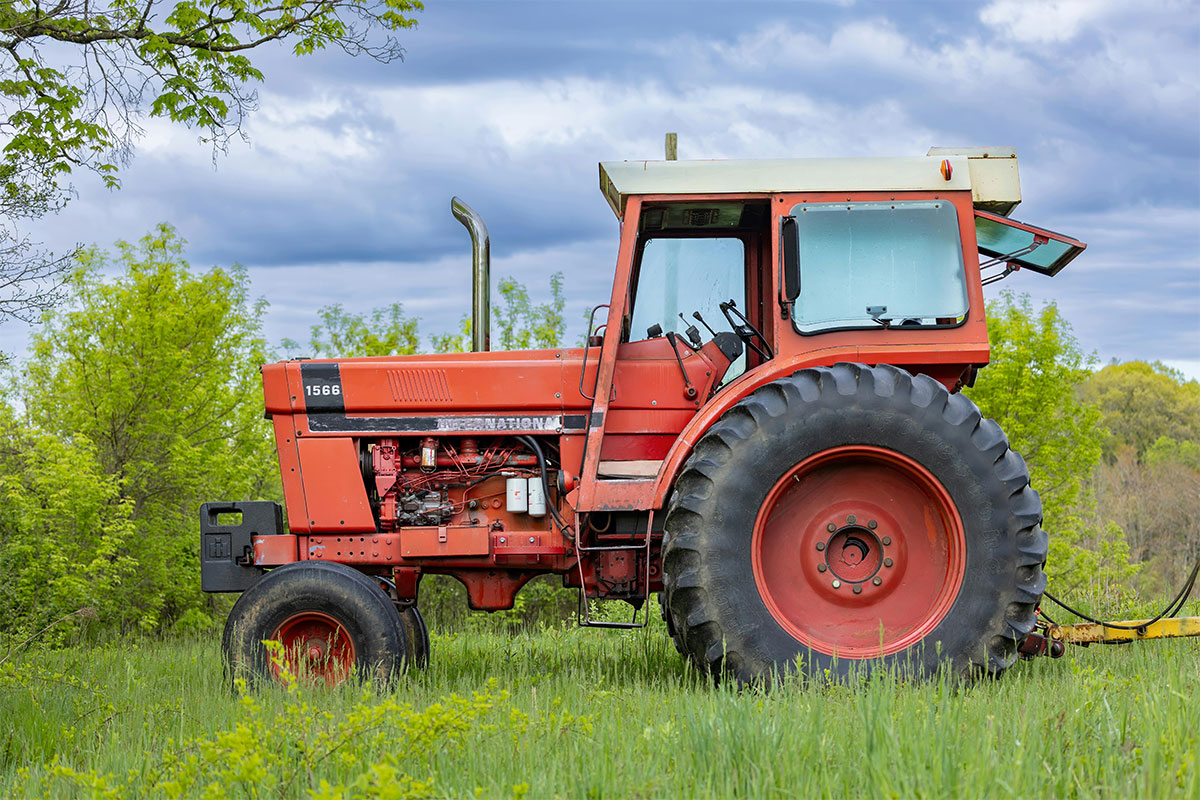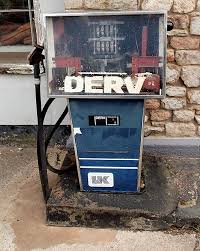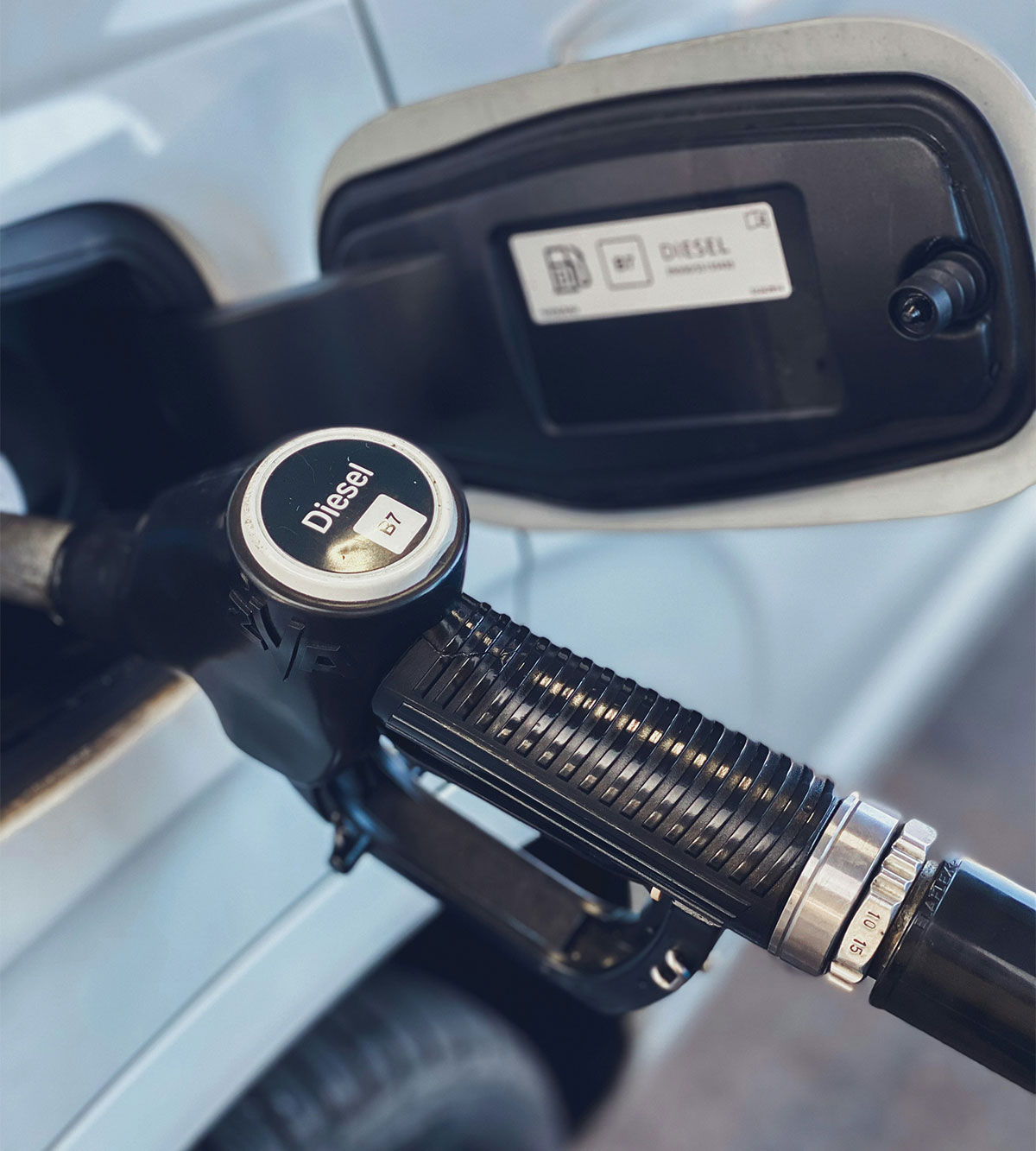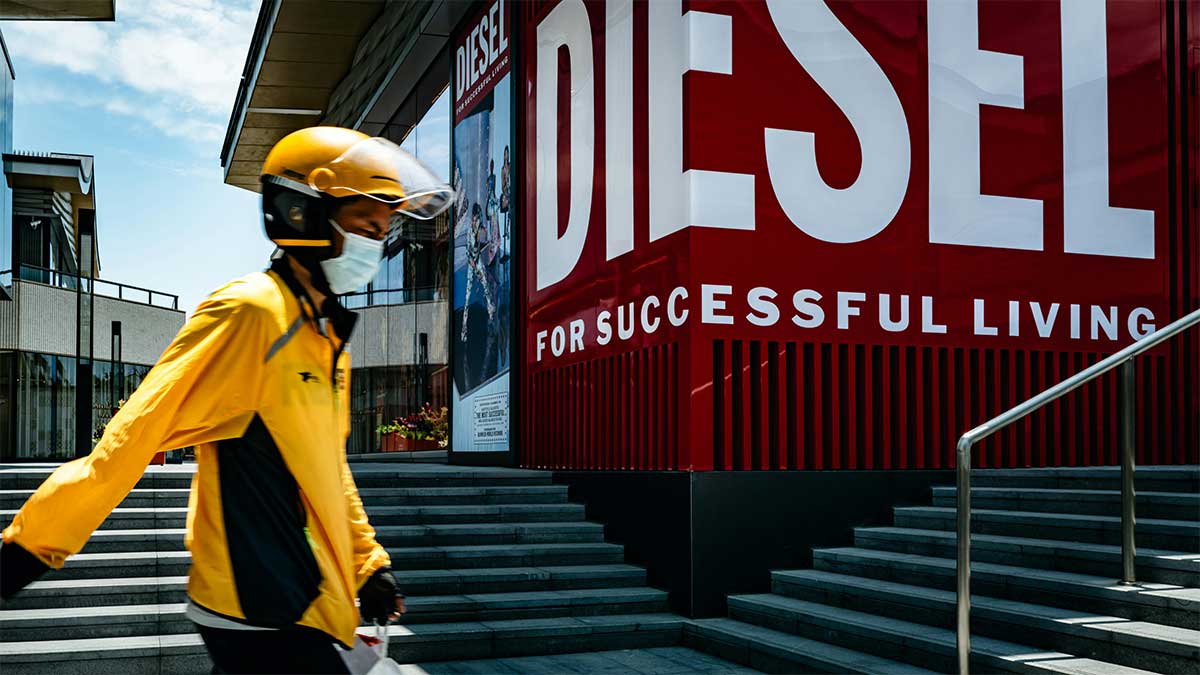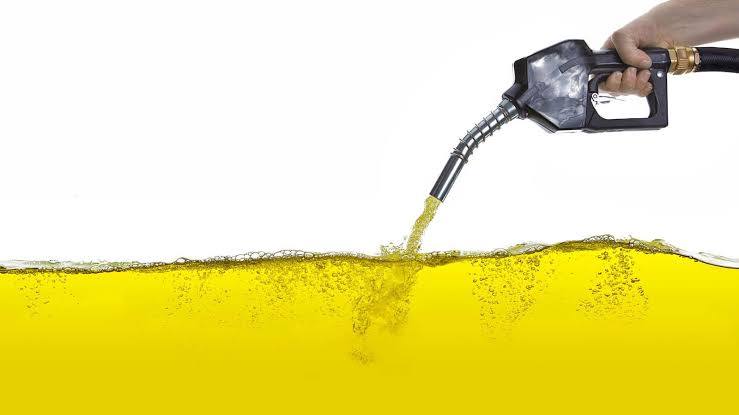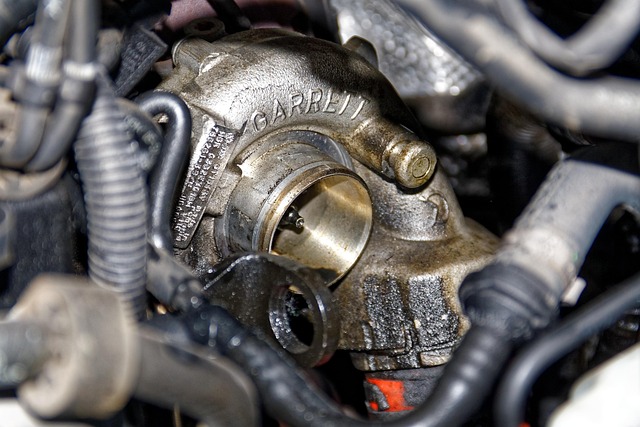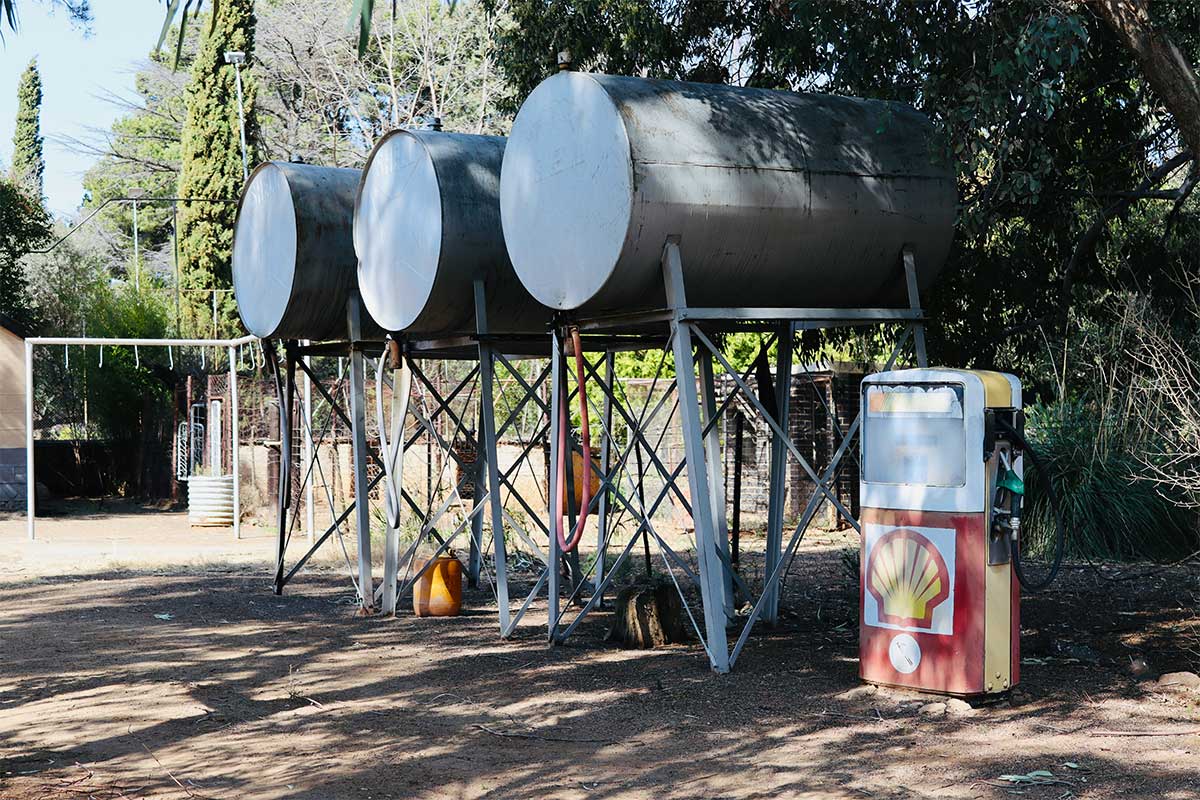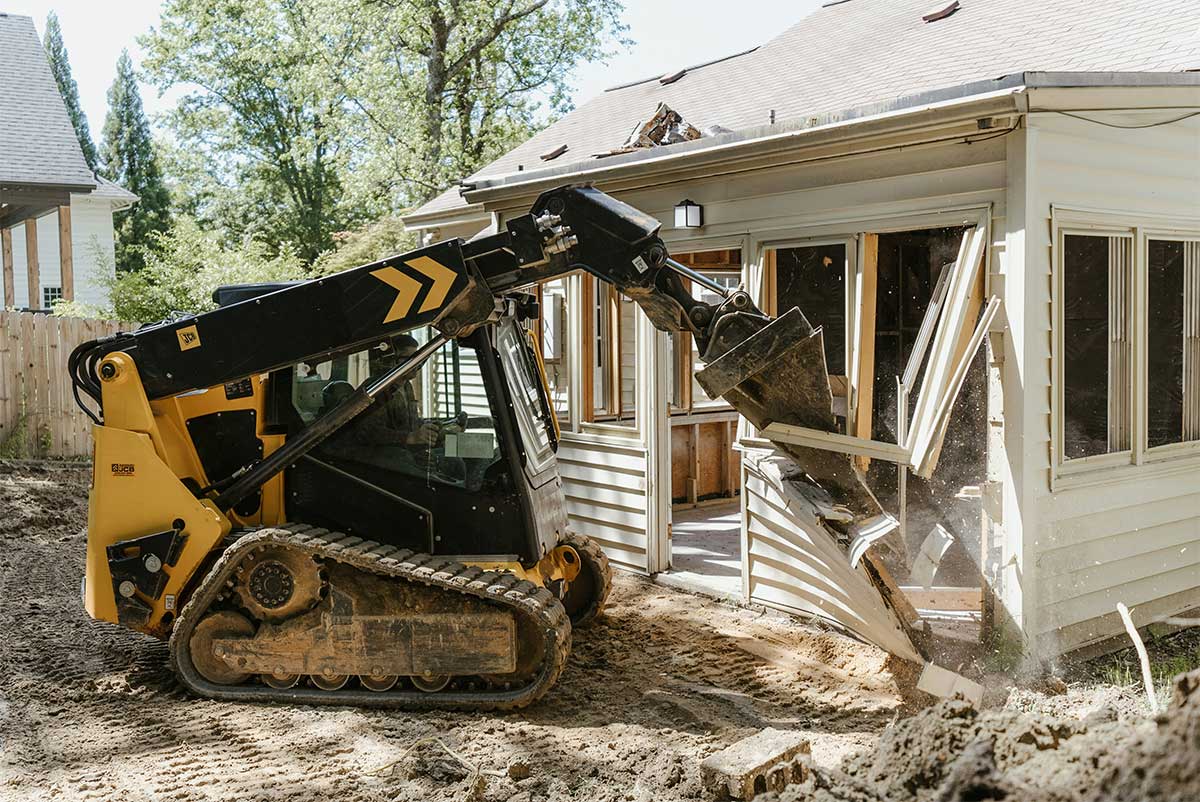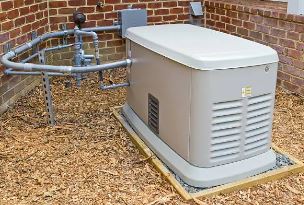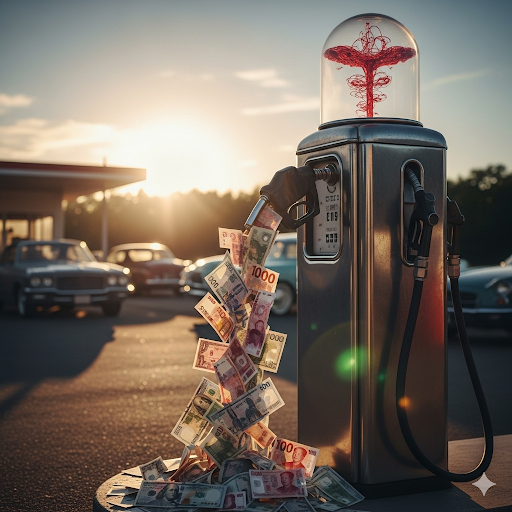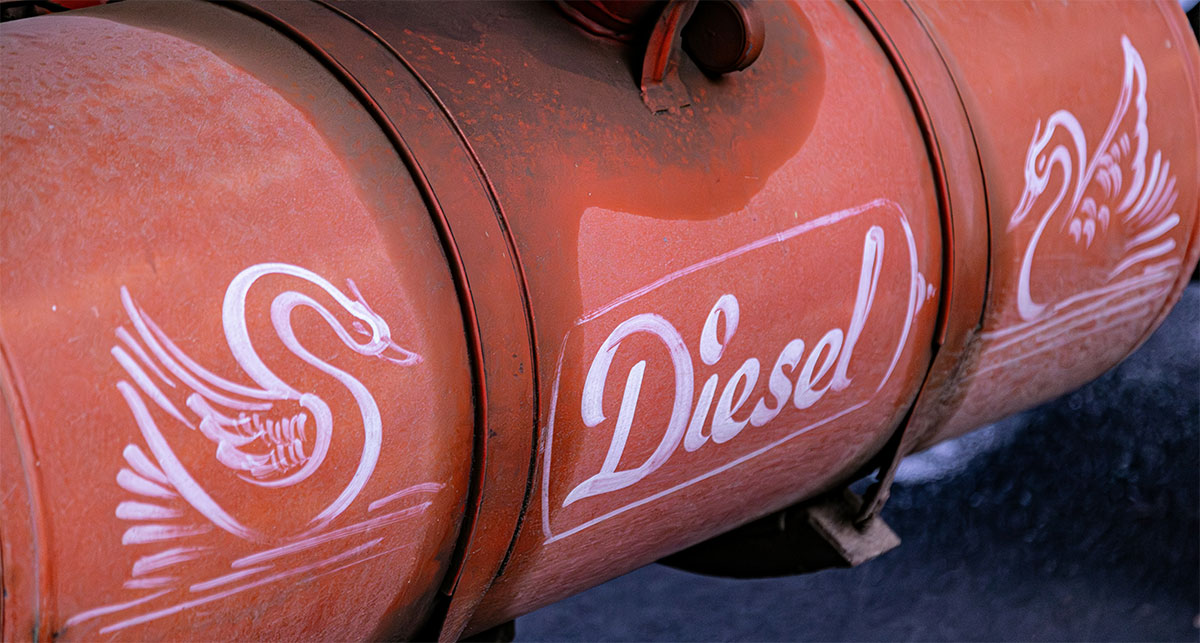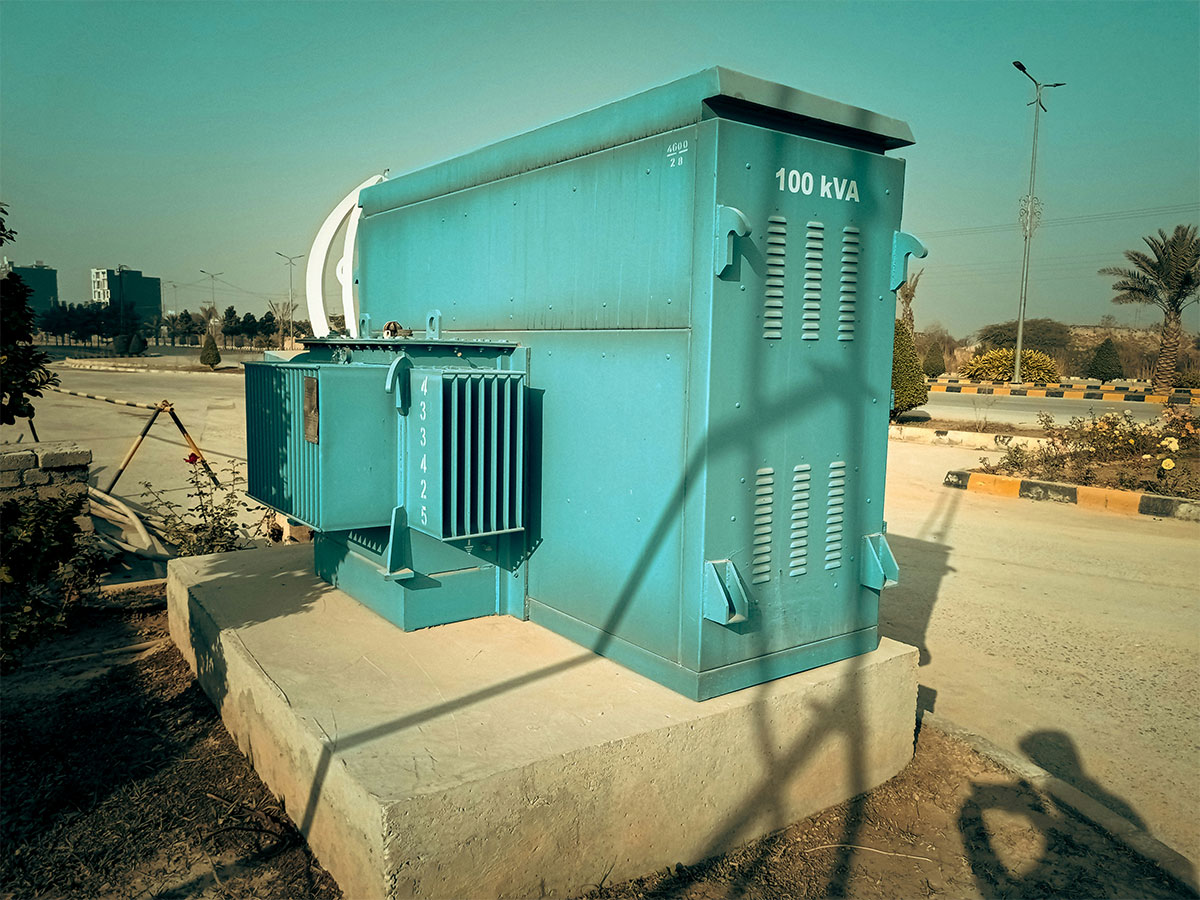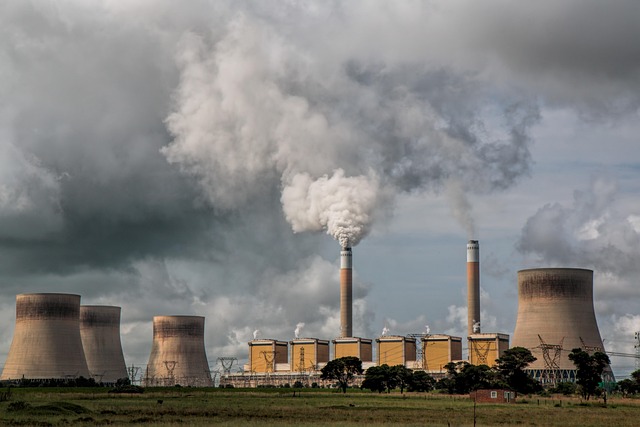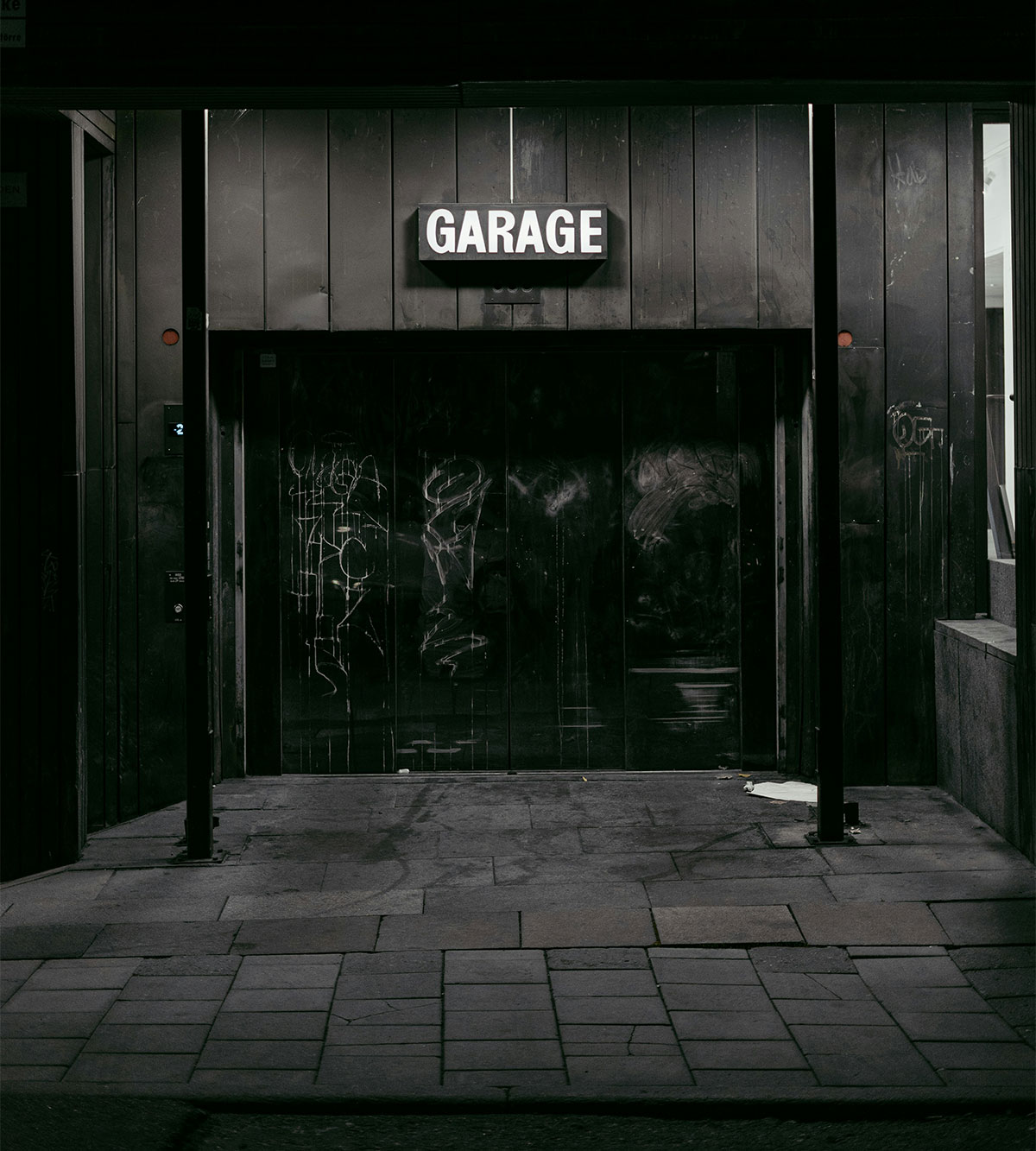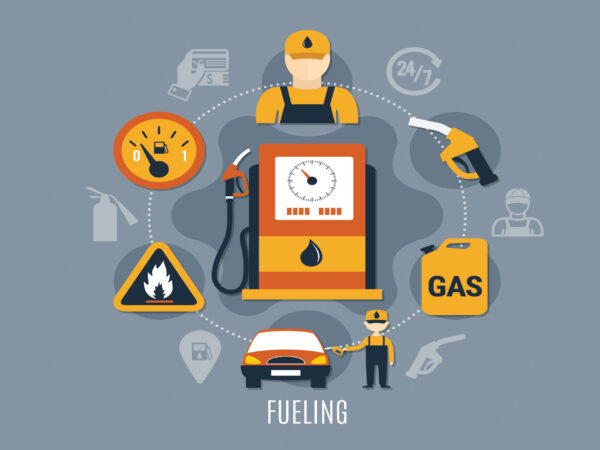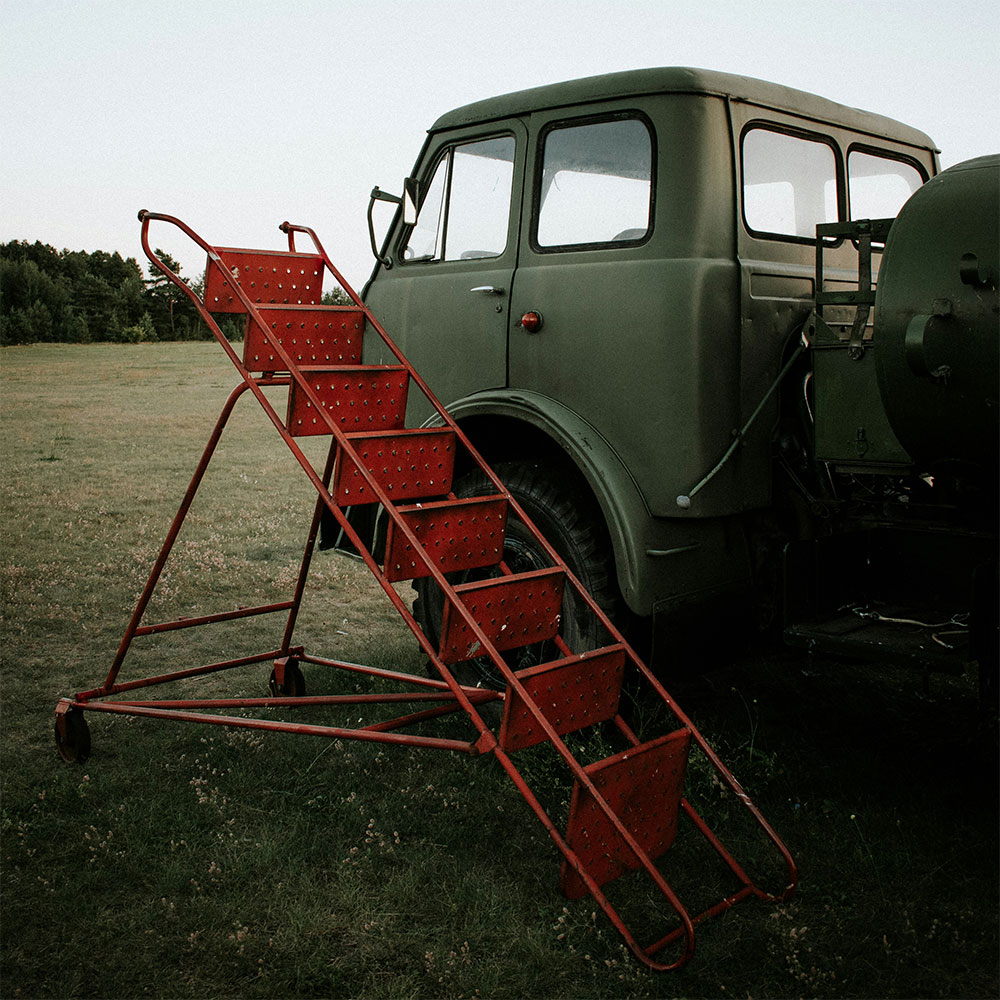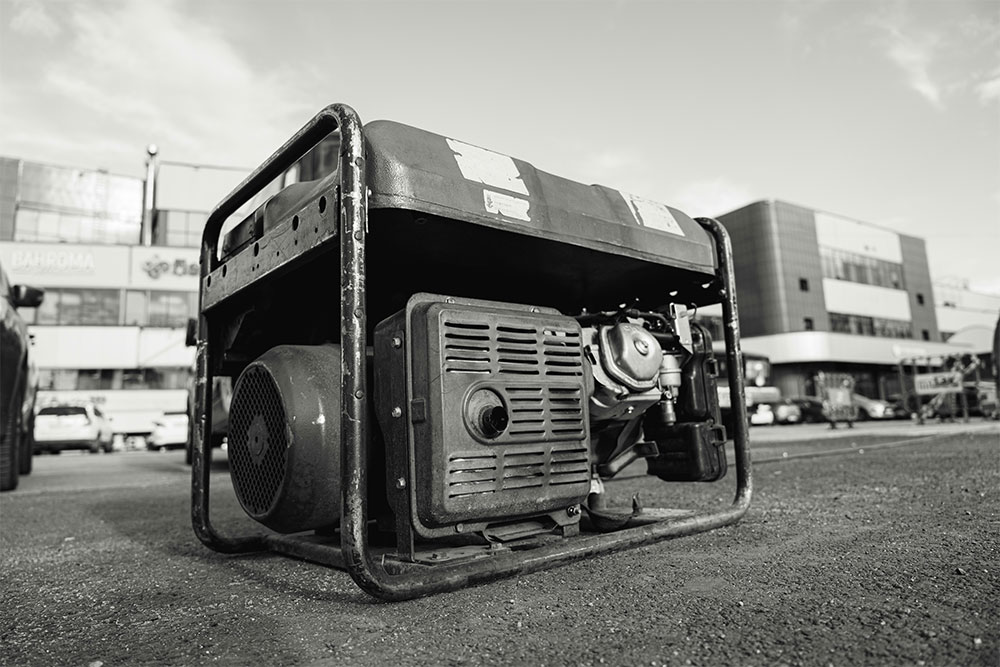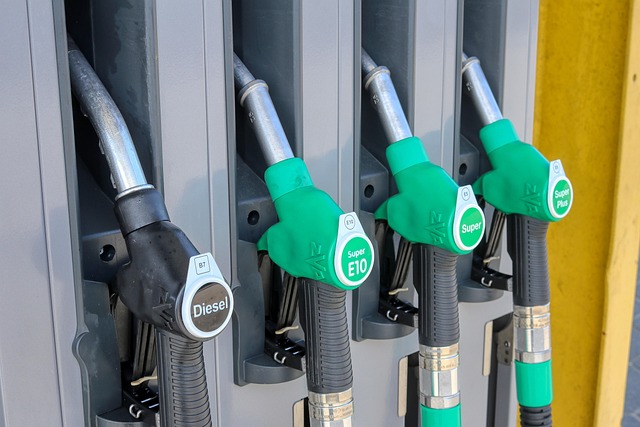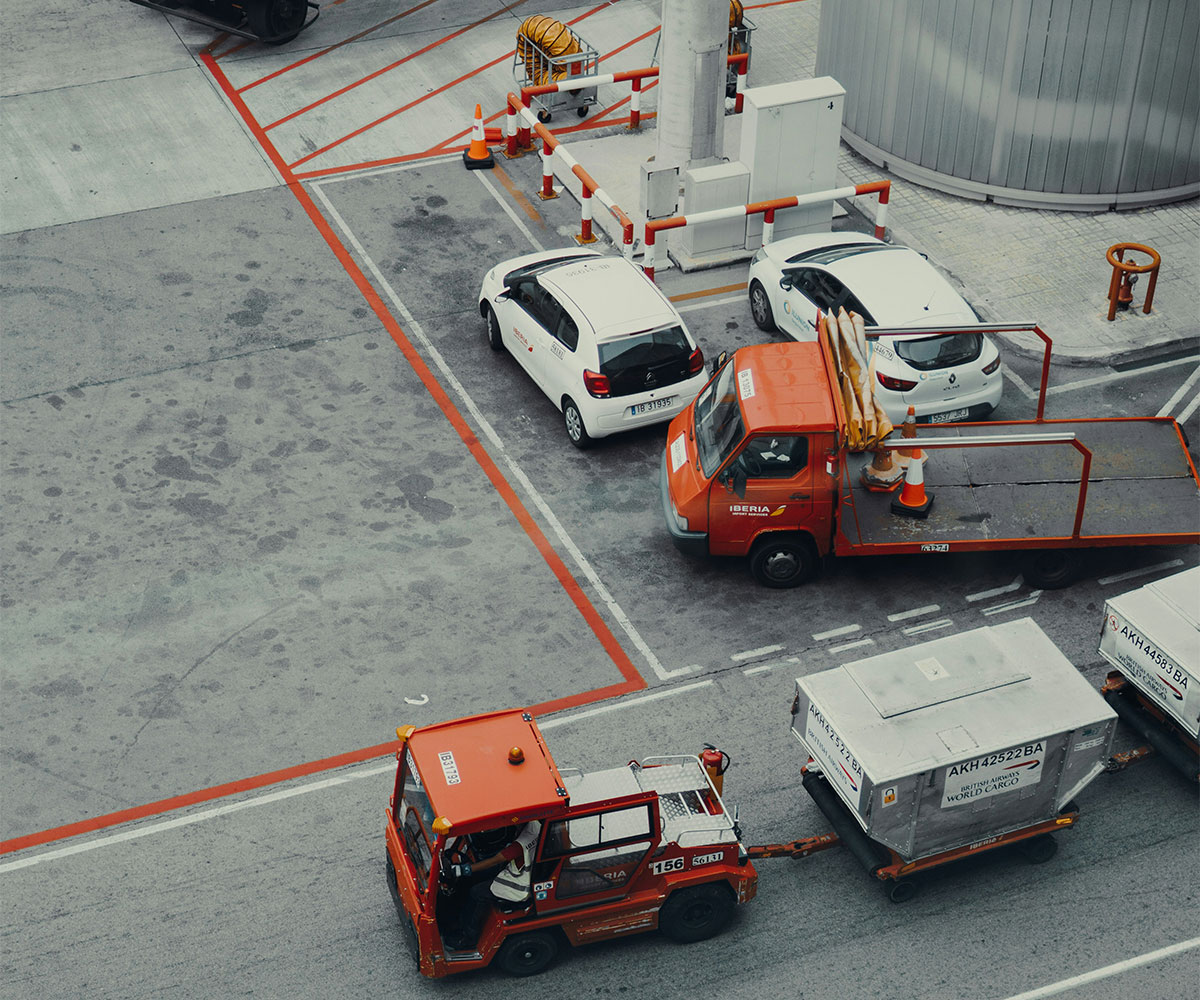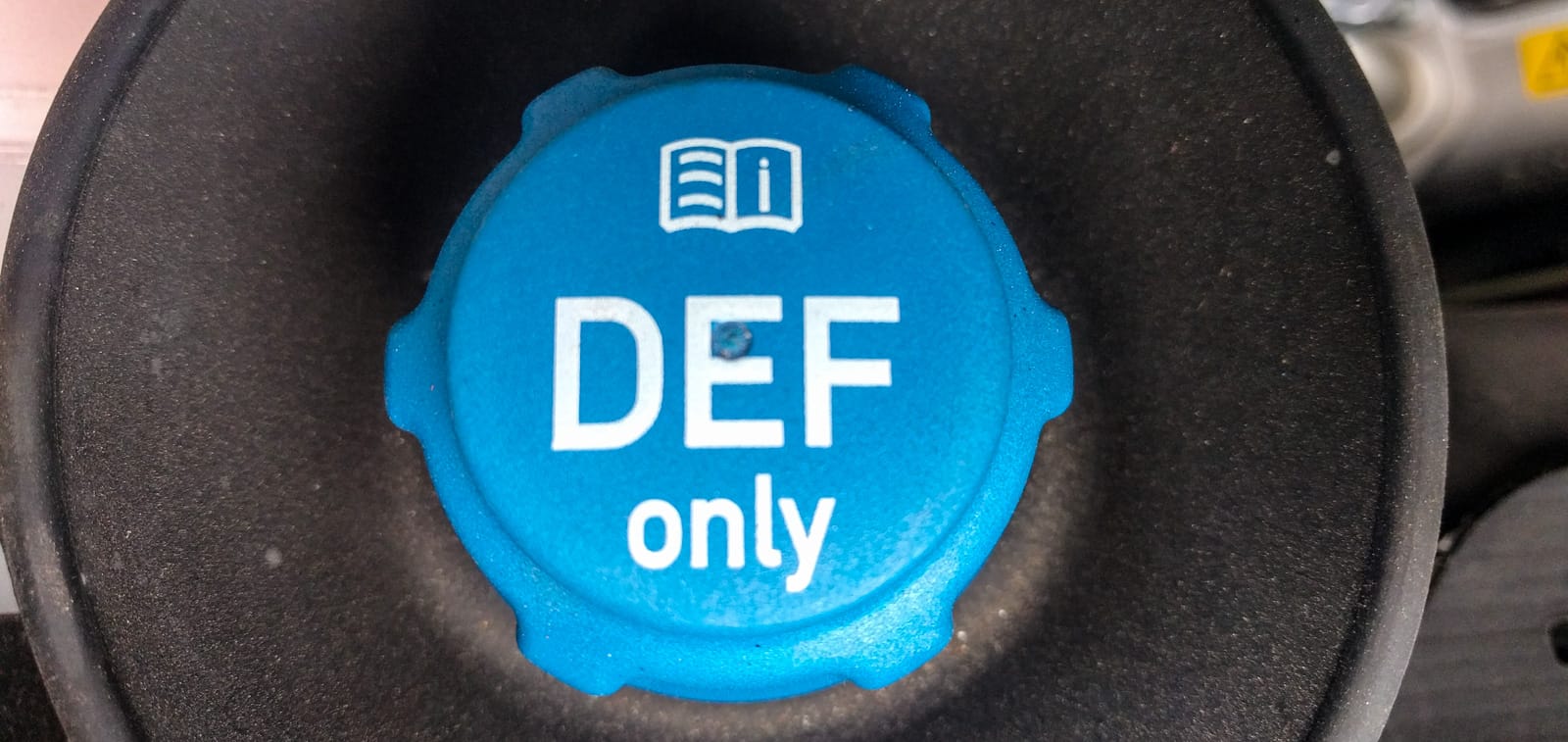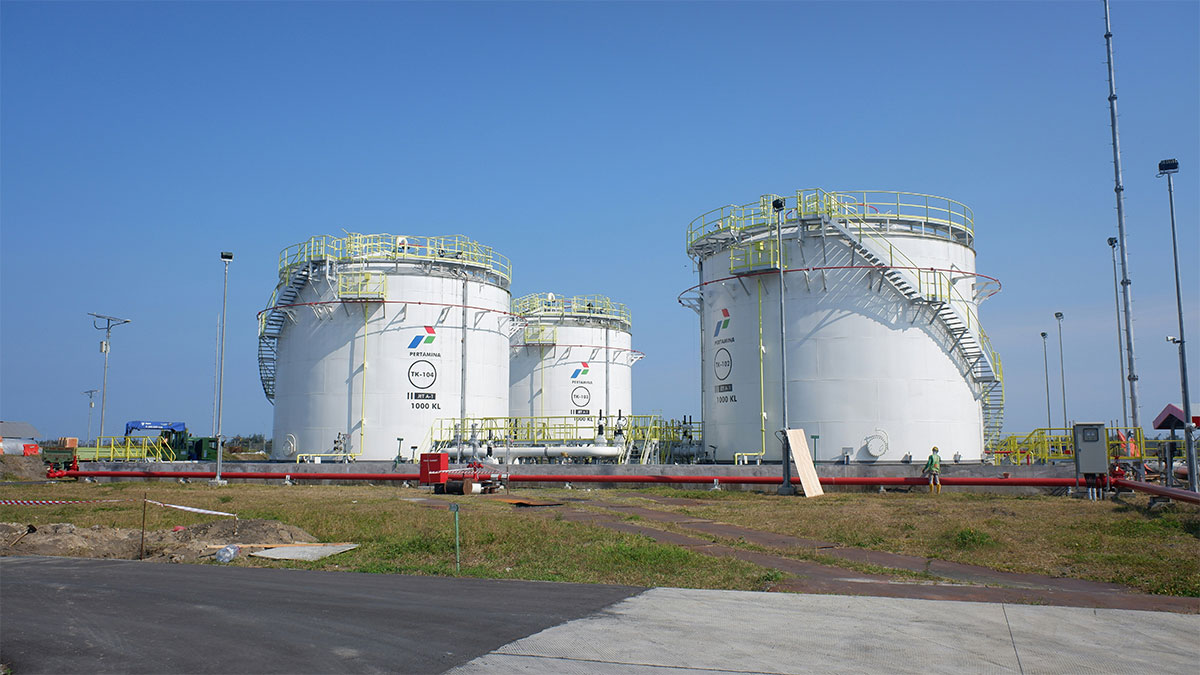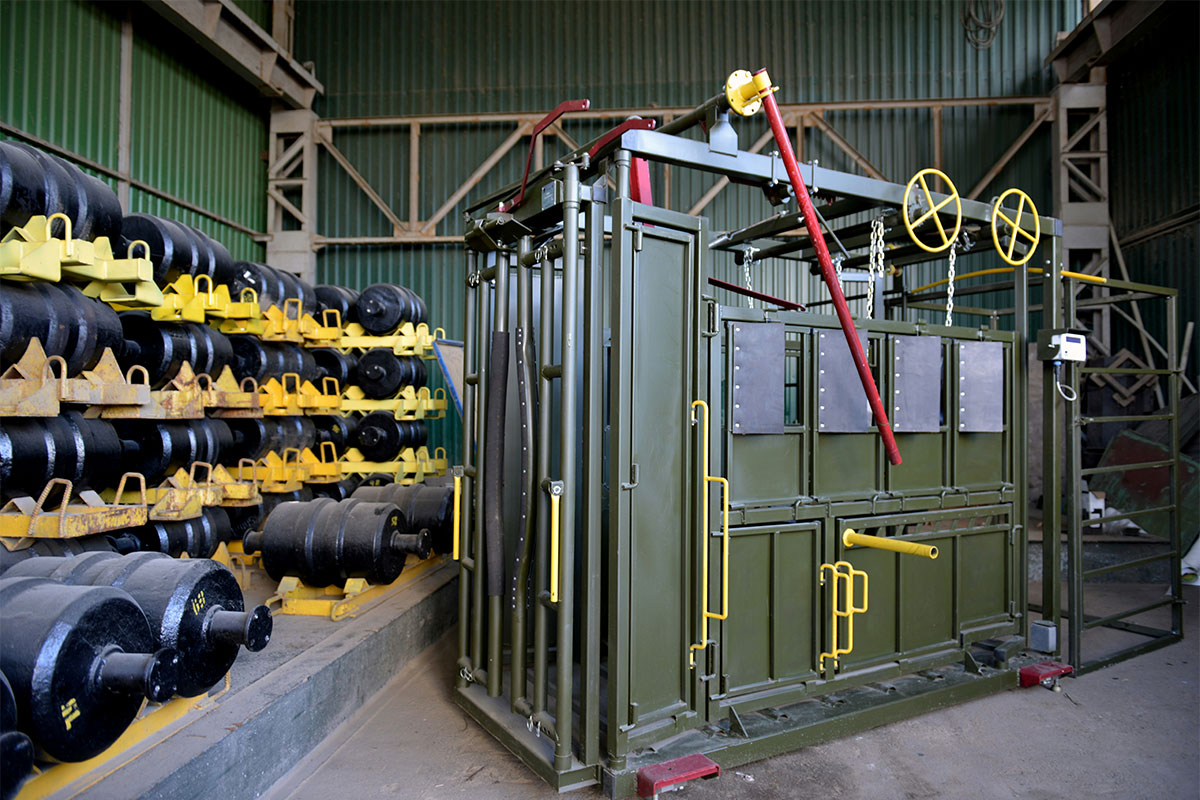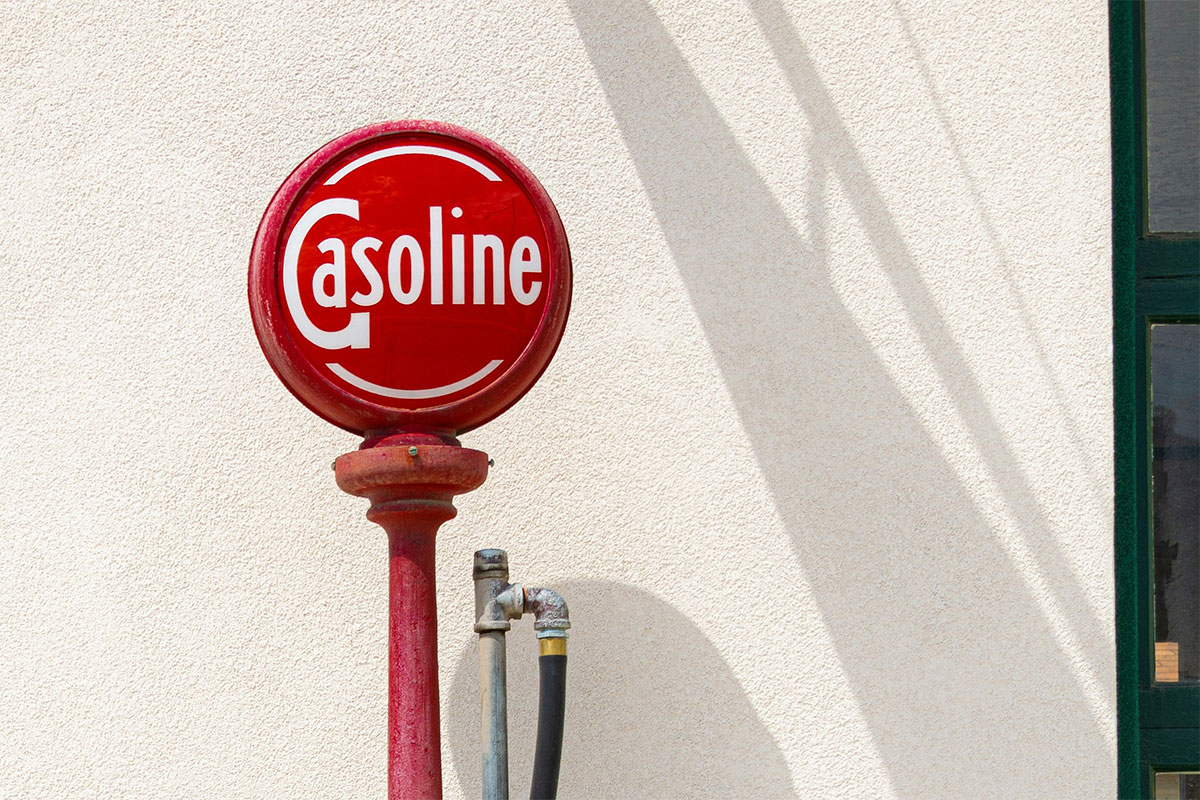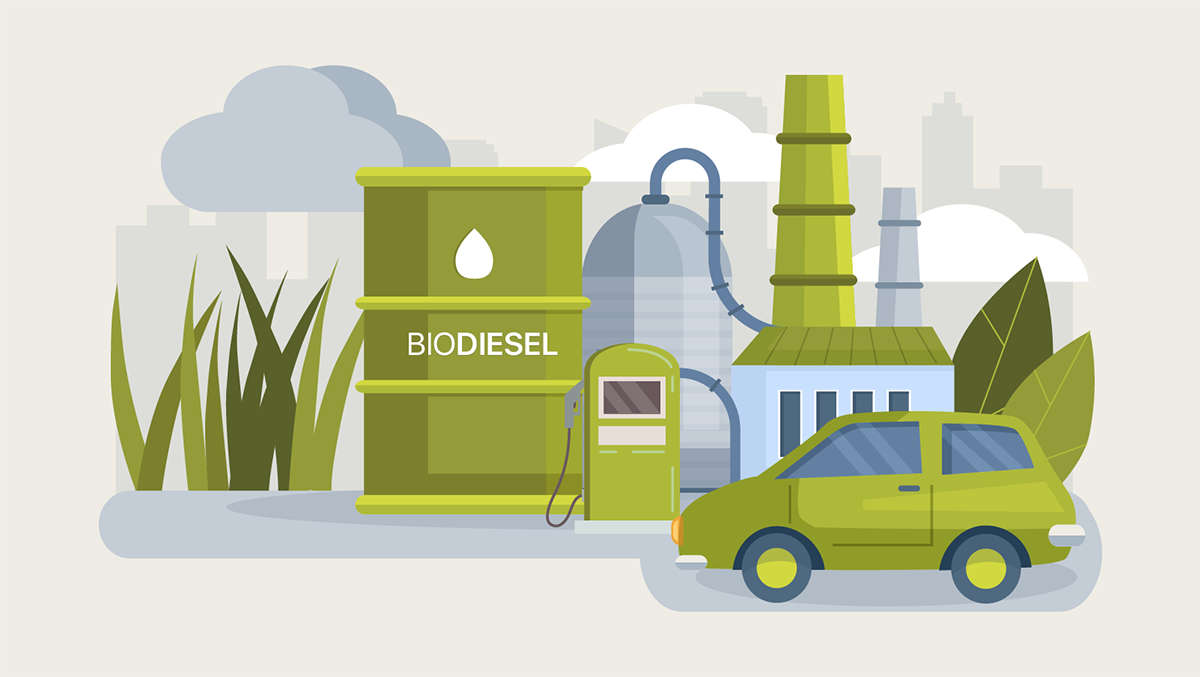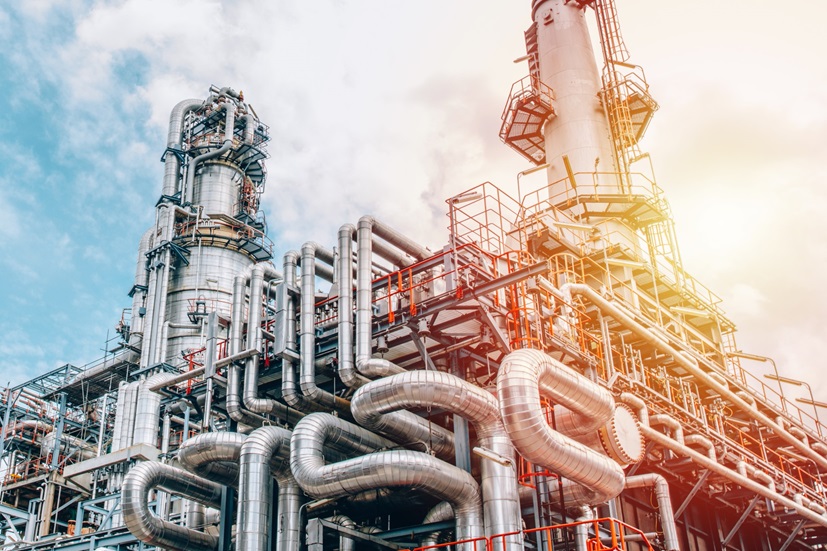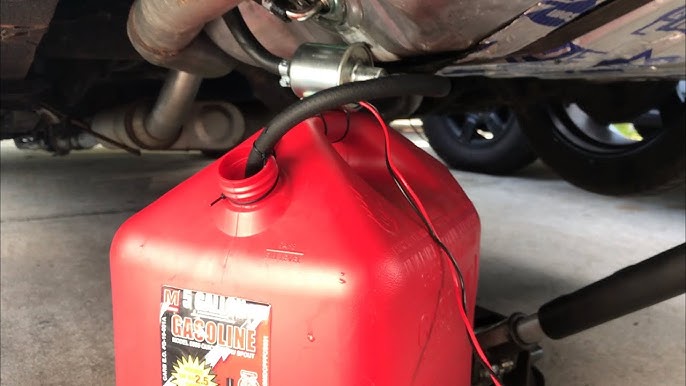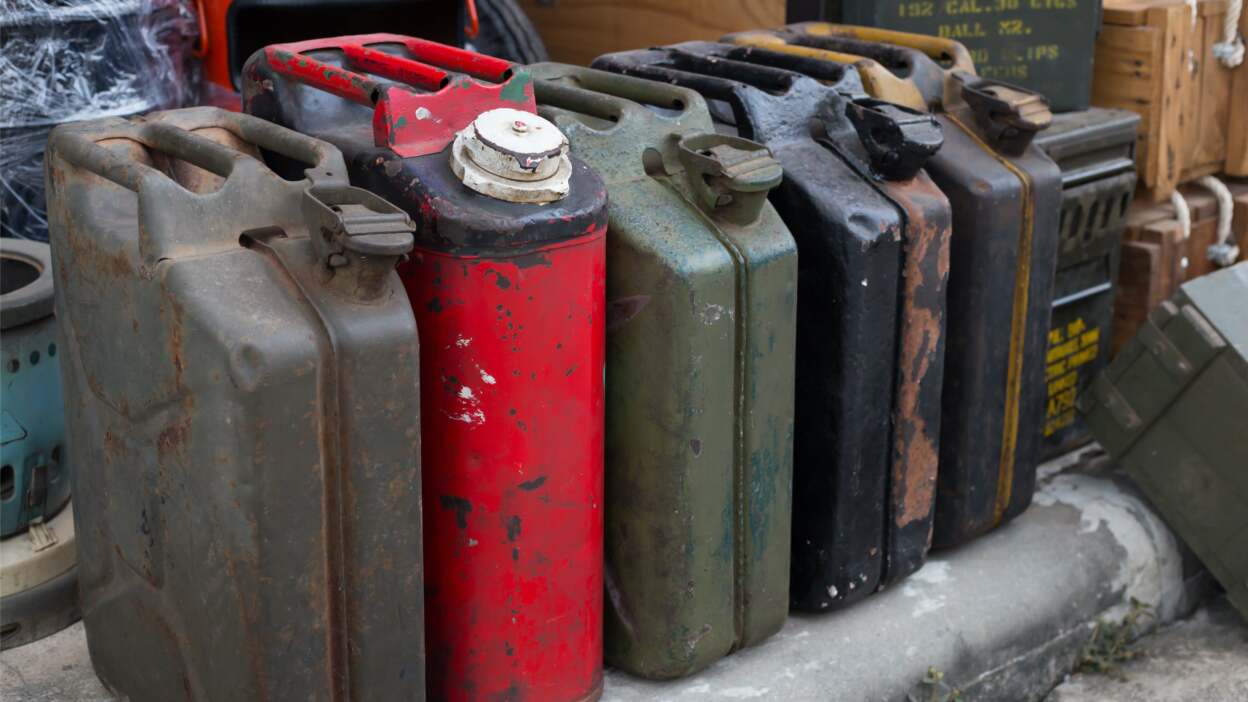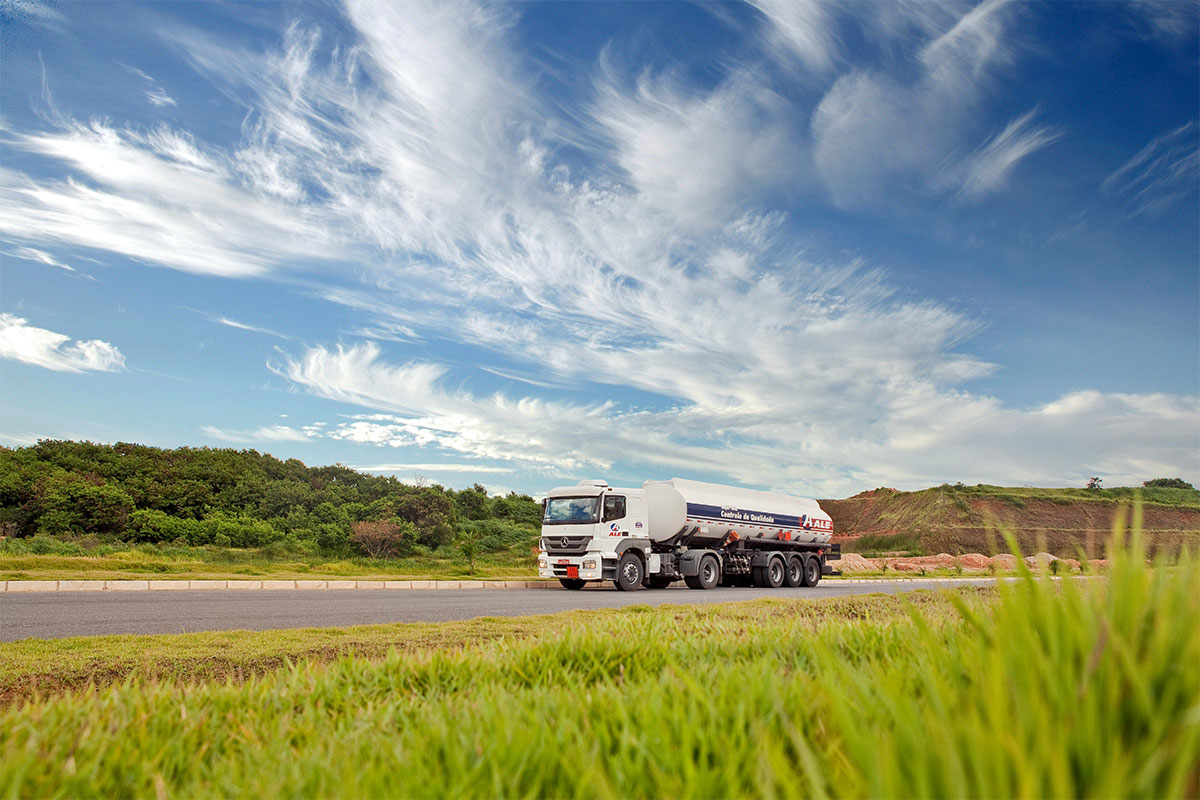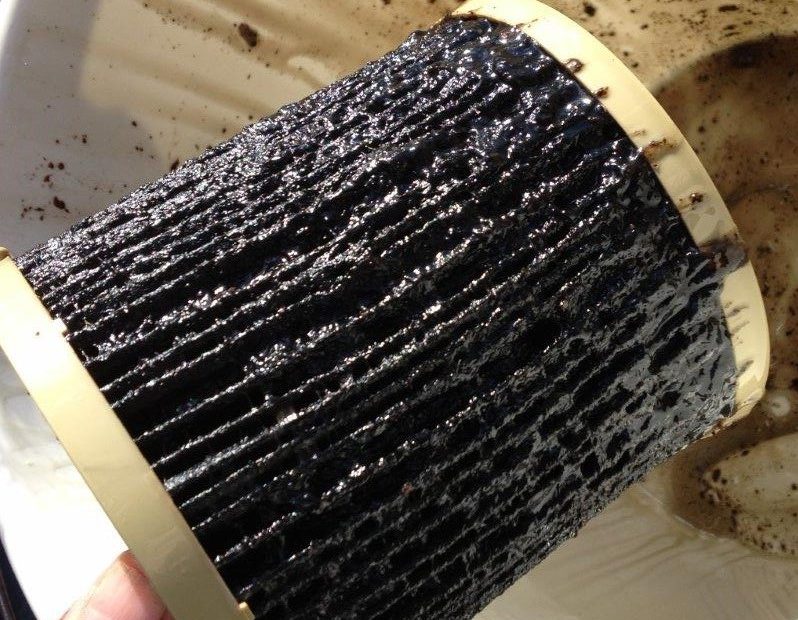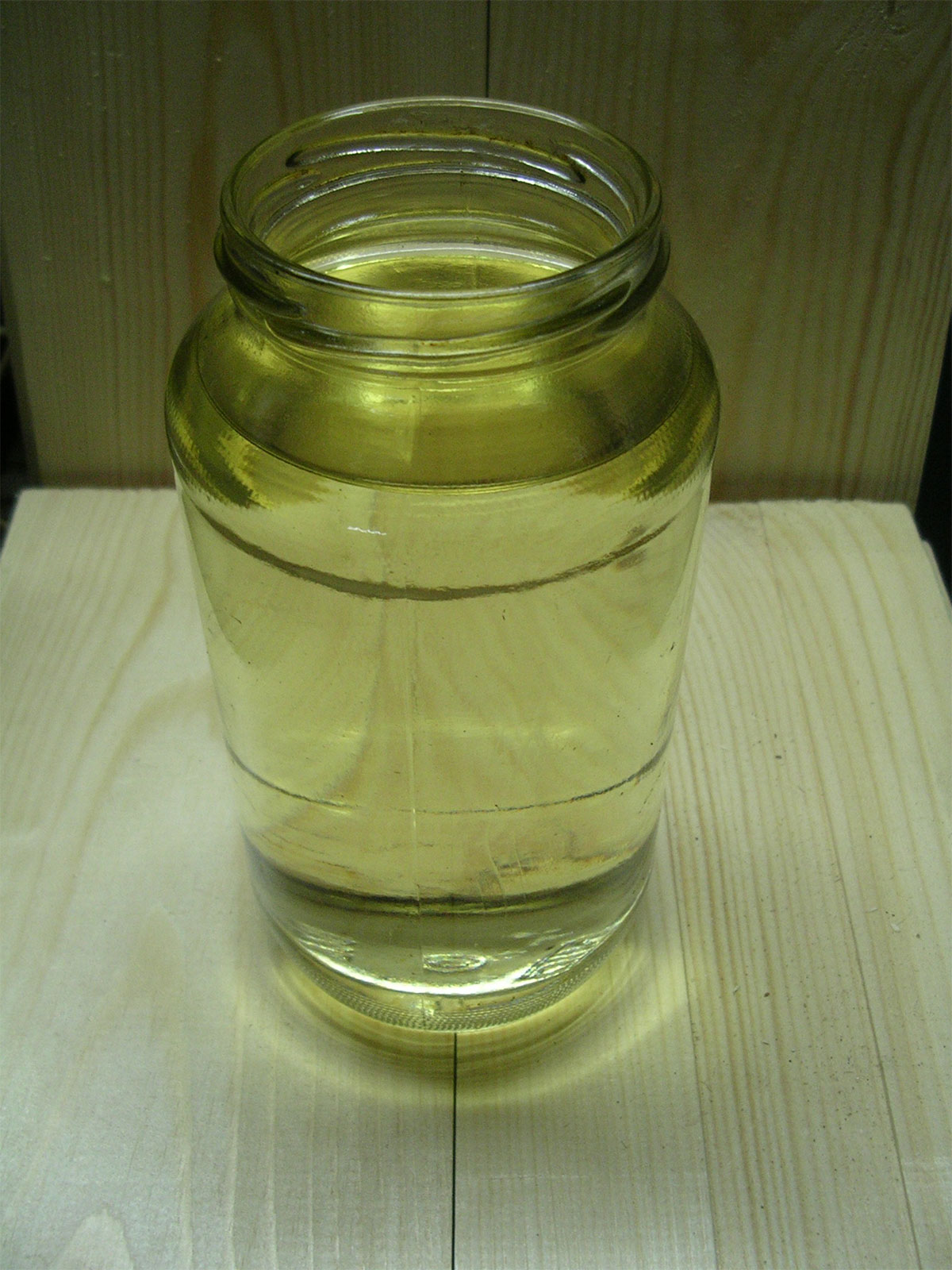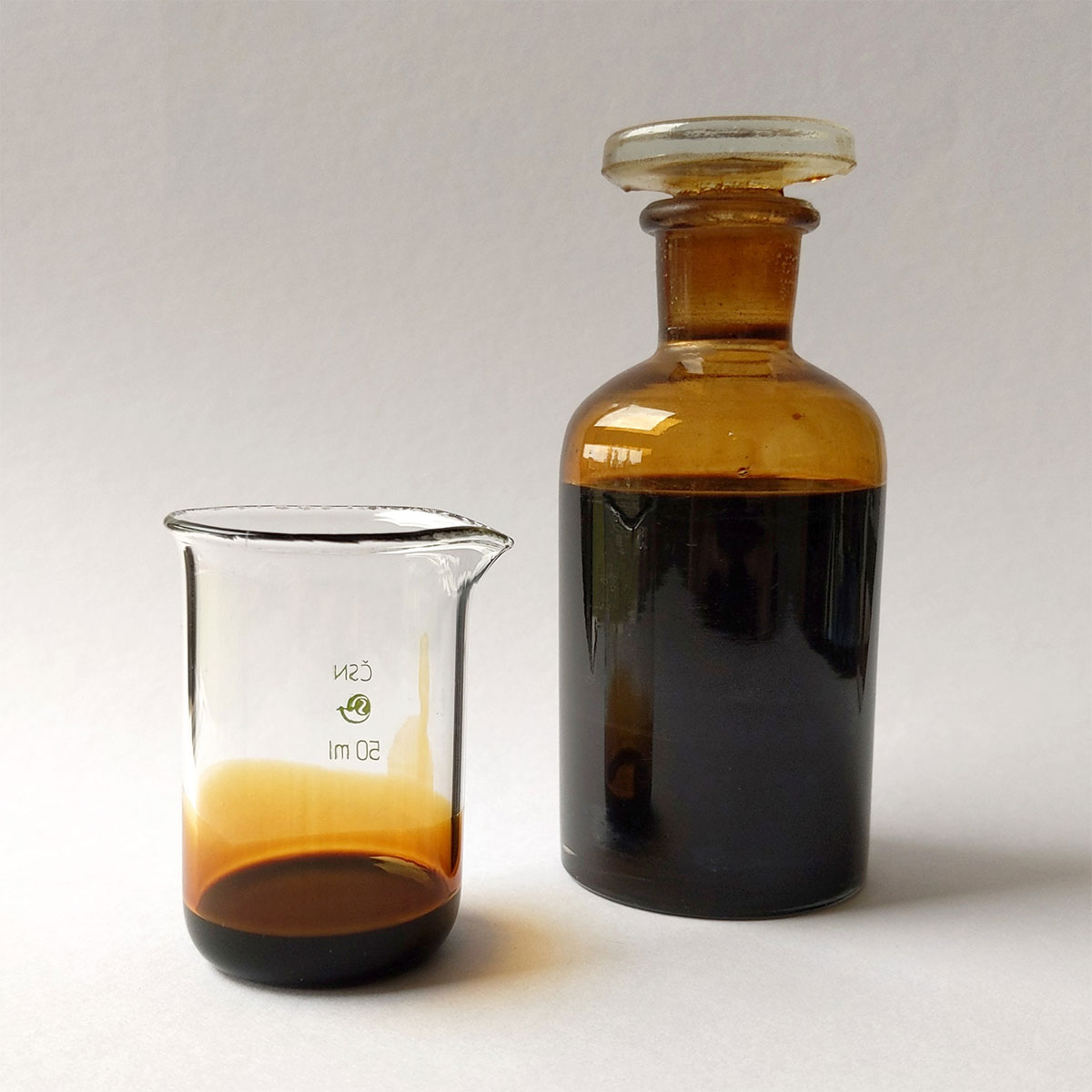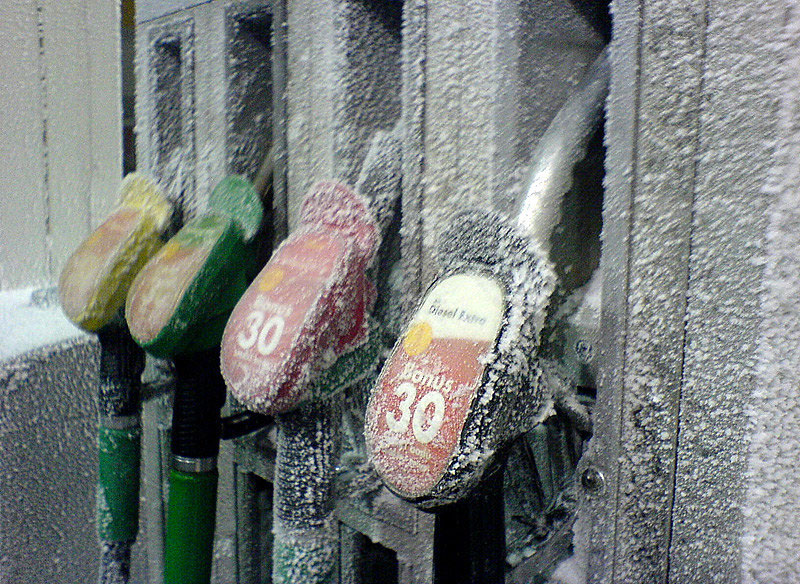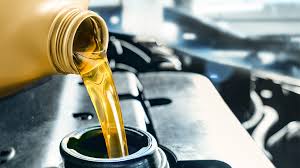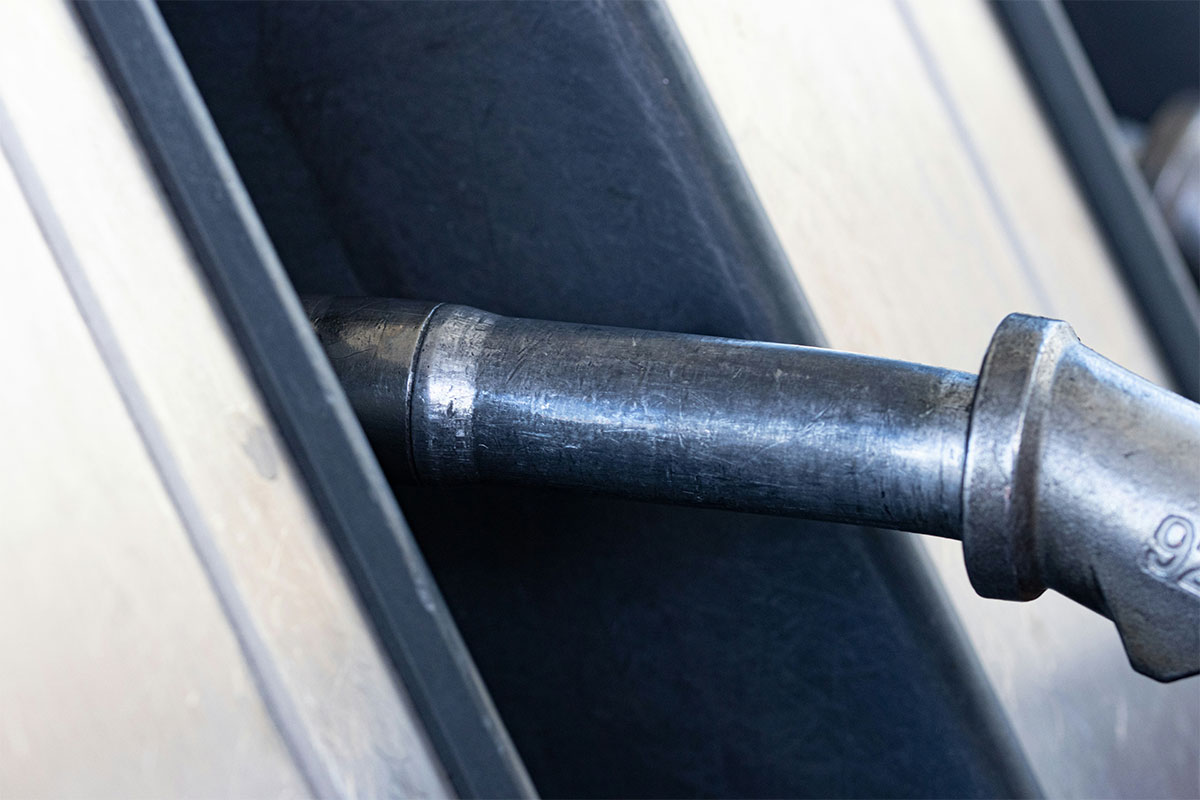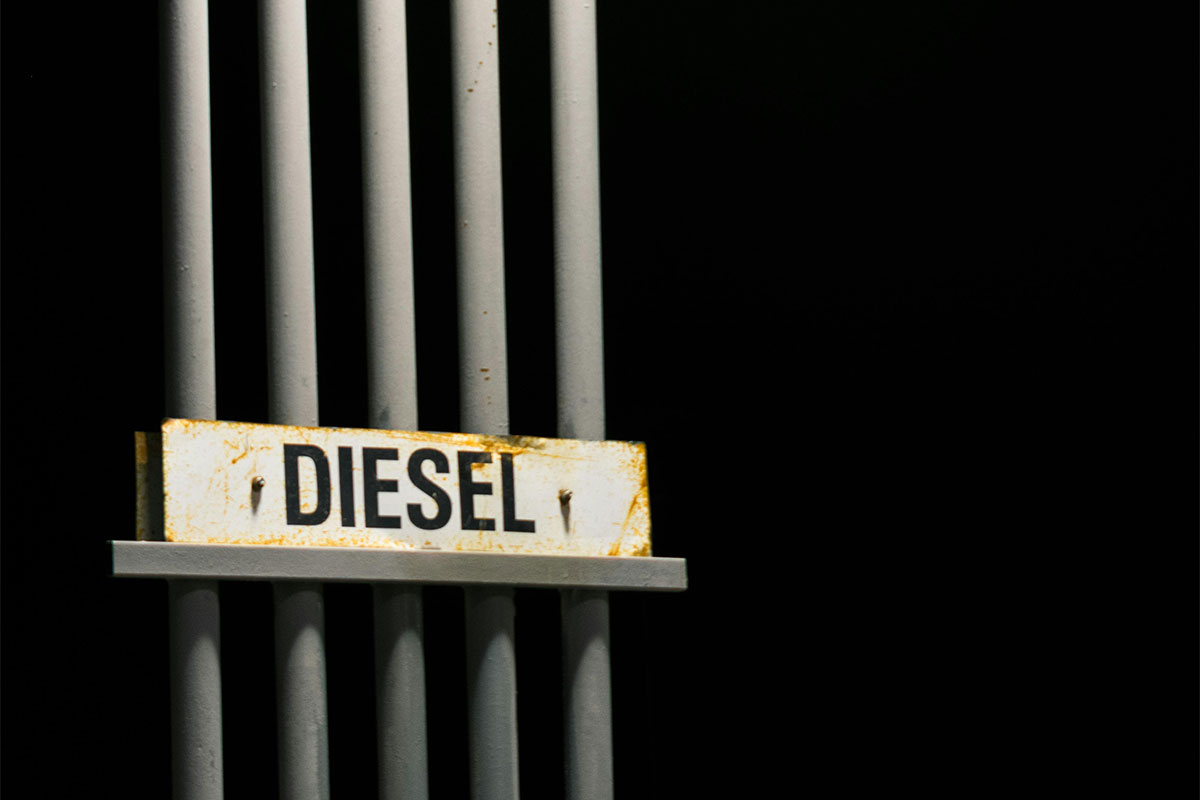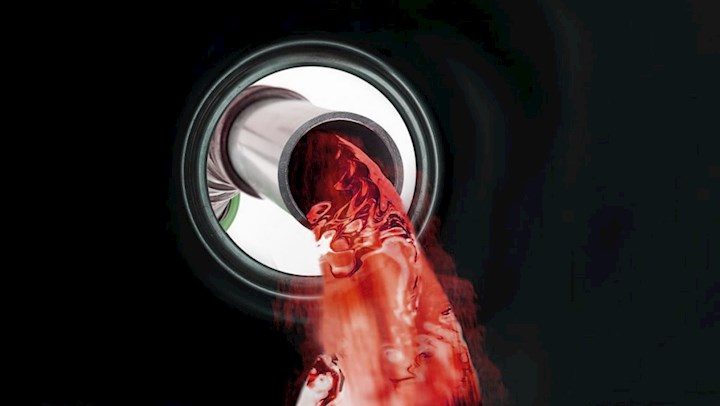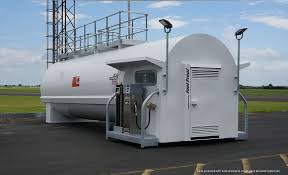Key Takeaways
- Stop immediately; do not start after diesel in gas engine contamination.
- Tow the car to prevent damage from diesel fuel in a gas engine.
- Request a drain and flush after putting diesel in a gas car.
- Small amounts foul plugs and sensors in a gas engine quickly.
- Prevent repeats of what happens if you put diesel in a gas car
Table of Contents
What Happens If You Put Diesel In A Gas Car
What happens if you put diesel in a gas engine is a series of events beginning with poor vaporization and low octane. The spark then ignites a weak mixture, leading to misfires, smoke, and stalling. Unburned diesel residue will coat spark plugs and oxygen sensors, and the catalytic converter can overheat. The thicker fuel also strains the fuel pump and clogs the filter. Raw fuel can wash down cylinder walls, thinning the engine oil. In direct injection systems, diesel fuel in a gas engine spreads quickly when the engine is running.
The severity of the damage depends on the mix ratio, run time, and engine design, with turbocharged and small displacement engines showing symptoms faster. Continued driving will cause the catalytic converter to overheat further and trigger fault codes. Shutting down the engine early limits damage to plugs, filters, and sensors. Never attempt to test drive the vehicle. Instead, stop, arrange for a tow, and have a professional drain and flush the system immediately to recover.
Is Putting Diesel In A Gas Car A Common Mistake Or Costly Disaster
Putting diesel in a gas engine often happens because of rushed stops, unfamiliar rental cars, or poor lighting. You might be surprised, but some diesel nozzles can still fit into petrol filler necks. Drivers often don’t notice until they’ve started the car, and then what happens when you put diesel in a gas engine truly begins. The fuel pump starts pulling diesel into the fuel rail, the combustion process stumbles, and the engine may even stall. Motoring clubs deal with many of these incidents, frequently offering onsite fuel drains and towing services.
If you catch the mistake before you start the car, the damage is much less likely. However, once the engine has been running, the contamination spreads to the injectors, sensors, and the catalytic converter. If this happens, you need to shut down the car immediately, secure it, and call for assistance. Make sure to use an insured recovery service and a qualified repair shop to drain and flush the system properly. For urgent help, you can contact certified technicians through reputable programs and service pages, and then file an insurance claim if applicable. Do this immediately.
Put Diesel In Your Gas Car? Stop And Tow Now
Do not restart the engine. Pull over safely, arrange a tow, and request a tank drain, line and rail flush, a fresh fuel filter, and an oil change to limit damage.
What To Do If You Put Diesel In A Gas Car
If you’ve accidentally put diesel in a gas car, here’s what to do:
- Pull over safely and do not restart the car.
- Get a tow truck immediately and let the repair shop know exactly how much diesel was added.
- Make sure to share the receipt.
- You’ll need a tank drain and a fresh fuel filter.
- After that, approve a line and rail flush.
- If the mechanic tells you to, disable the fuel pump fuse.
- Bring both sets of keys to the shop and confirm the labor and parts on the estimate.
Ask the mechanic to check your spark plugs and oxygen sensors. If the engine ran at all, approve an oil change. It’s a good idea to keep a small fuel sample for insurance purposes. Don’t cycle the key, and avoid trying to siphon the fuel at home. Following these steps will help limit the damage from diesel fuel in a gas engine. Ask for a fault code scan and smoke checks. Finally, confirm you receive paperwork for safe disposal, and record the mileage and location of the incident.
What To Do After Putting Diesel In A Gas Car
Shops evacuate the tank with extraction pumps, then flush lines and rails. Filters are replaced. Spark plugs and oxygen sensors are checked and renewed if fouled. An oil change removes dilution. DIY attempts risk fire and spills. Use trained technicians after diesel in gas engine mistakes. Proceed carefully.
Will Diesel Hurt A Gas Engine
“Will diesel hurt a gas engine?” Yes, and it comes down to volatility and spark. Gasoline vaporizes easily and ignites readily, but diesel is a heavier, less volatile fuel. This means it atomizes poorly in a gas engine, leading to hard starts and misfires. Repeated misfires can cause serious damage, like overheating the catalytic converter and contaminating sensors. Furthermore, the thicker fuel puts a strain on the fuel pump and can clog filters during a “diesel in gas engine” incident.
If this happens, a professional inspection is crucial to check compression, fuel pressure, and exhaust condition. Draining and flushing the system early on can usually restore normal operation. However, delays can increase costs and downtime as deposits form on spark plugs and valves. To protect your vehicle, it’s best to tow it rather than drive it. After the system is clear, refill with clean gasoline, install a new fuel filter, and confirm that all error codes are cleared. Document all findings, confirm sensor readiness monitors, and only test drive once safe operating temperatures have returned.
Worried About Damage And Costs?
Misfires, fouled plugs and oxygen sensors, and overheated catalytic converters raise bills fast. Review common repairs and learn what to replace first to keep costs down.
What Will Diesel Do To A Gas Engine
When diesel fuel in a gas engine occurs, you can expect some serious issues. The engine will likely have hard starts, a rough idle, and may even stall completely. Spark plugs will foul quickly, and oxygen sensors will give incorrect readings. The fuel pump will struggle because the diesel fuel is thicker than gasoline. Misfires can cause the catalytic converters to overheat, and combustion timing will be poor because the fuel won’t atomize properly. In severe cases of contamination, you might even need to replace the catalytic converter.
How Much Diesel Will Ruin A Gas Engine
The impact of putting diesel fuel in a gas engine varies depending on the amount, the size of your engine, and how quickly you stop. Even a small quantity can cause misfires in compact tanks. A quarter tank is a serious issue, and a full tank is severe. You should never try to “test” the mix. Turning off the engine quickly can prevent the spread of diesel fuel in a gas engine through the fuel lines and rails.
If the engine was never started, a simple drain and flush of the fuel system is often enough to fix the problem. However, if the car was driven, diesel will reach the injectors, sensors, and even the catalytic converter. The heat and soot generated will significantly increase repair costs. Make sure to keep all your receipts to document the volumes for any insurance claims. Ask technicians to take a sample of the fuel and label it. This confirms what happens if you put diesel in a gas car for your insurance company. You’ll also need to replace the fuel filter and inspect the spark plugs. Before you get your car back, check the oil for any dilution. When you refill, do it carefully, and drive gently afterward.
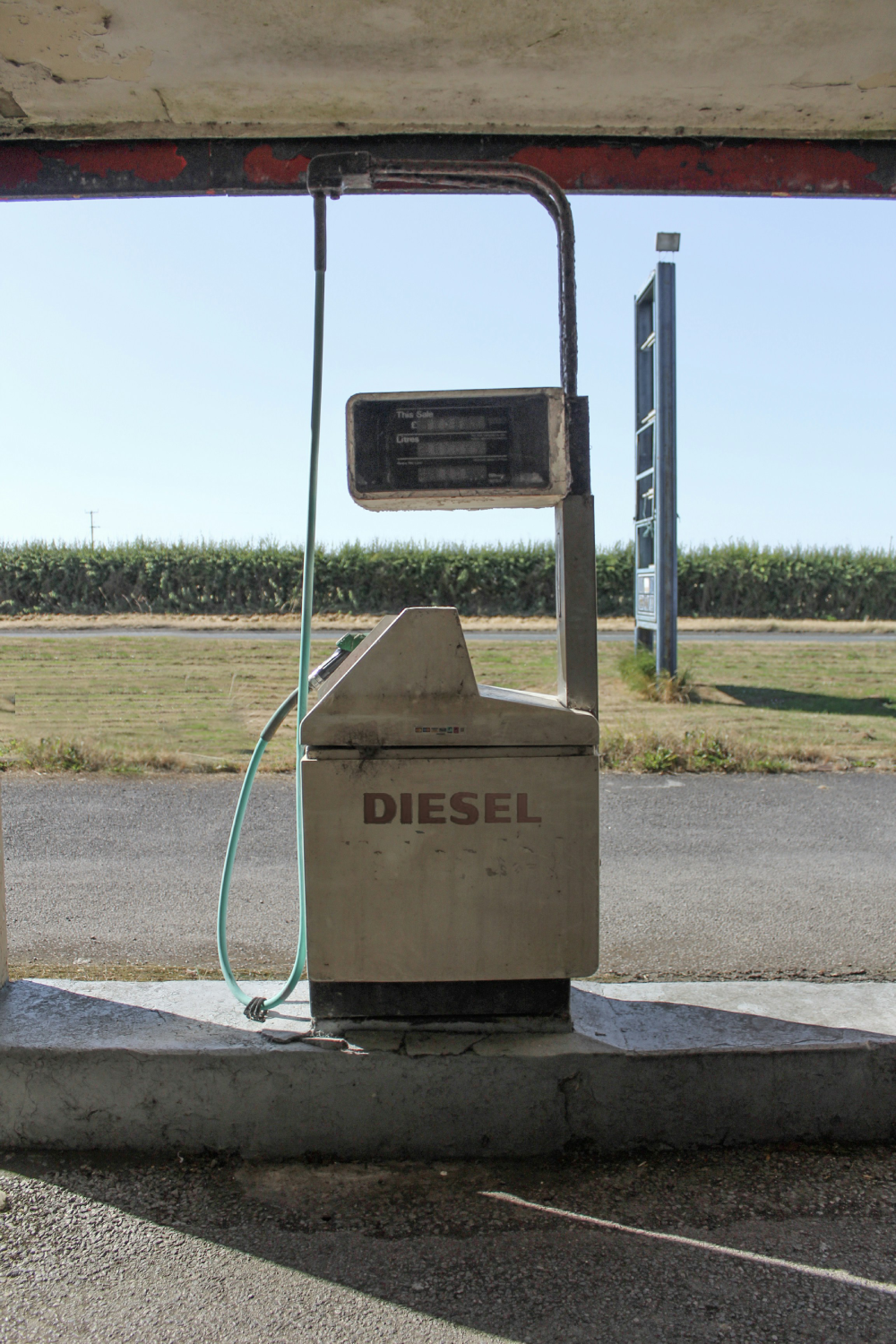
How Far Can You Drive If You Put Diesel In A Gas Car
Whatever you do, don’t drive your car if you’ve accidentally put diesel in it. Even a short distance can spread the contamination further. Some cars might run for a little bit, while others will stall almost immediately. How far you get depends on the mix ratio, your engine’s design, and the load on the vehicle. What happens if you put diesel in a regular car is often a roadside stop followed by a tow. Towing is a much cheaper option than replacing an expensive catalytic converter or fuel pump, so don’t risk those costly failures.
If you’re already moving when you realize your mistake, pull over safely and stop the car as soon as possible. Do not try to crank the engine repeatedly. Each attempt forces more diesel through the injectors and into the exhaust system. Your best course of action is to call for assistance and request a professional to drain and flush the fuel system. Make sure to ask the shop to inspect your sensors and spark plugs as well. Before you drive away, ensure they fill the tank with fresh gasoline and install a new fuel filter. Keep your receipt and log the times and mileage for any potential claims.
How Long After Diesel Fuel Will Damage Occur
Putting diesel in a gas engine causes damage immediately. You’ll notice problems like hesitation, smoke, and a loss of power. As time goes on, the engine’s internal components get more fouled, and the heat generated can seriously threaten the catalytic converter. If you keep trying to start the engine, or run it for hours, you’ll rack up significant repair bills. Because what diesel does to a gas engine is time sensitive, it’s crucial to stop and tow your vehicle for a drain and flush as soon as you realize the mistake. The engine’s sensors might even set diagnostic codes very quickly.
The longer diesel is in the engine, the more deposits it leaves, and the more stress it puts on the fuel pump. Spark plugs, sensors, and catalytic converters will fail more frequently. The engine oil can also thin out due to the diesel “washing down” the cylinder walls. Professional service can limit these risks if it’s done promptly. A quick recovery is possible with fast action, fresh gasoline, and new filters. Delays, however, will increase downtime and costs across many components. Be sure to plan for transport and get repair estimates. Keep all receipts for insurance and claims processing later, and document everything thoroughly.
Need Documentation For Insurance Or Shop?
Save the pump receipt, log mileage and location, and keep a labeled fuel sample. Ask for disposal paperwork and a code scan after the flush to support your claim.
How Much Does It Cost If You Accidentally Put Diesel In Your Car
Costs vary by distance driven, vehicle design, and damaged parts, and request written estimates from shops and insurers.
| Item | Typical cost notes |
|---|---|
| Inspection and fuel test | Low to moderate, confirms contamination and codes. |
| Tank drain | Moderate, higher for complex saddle tanks and access. |
| Line and rail flush | Moderate, depends on labor time and fittings. |
| Fuel filter and spark plugs | Low to moderate, preventive replacement. |
| Oxygen sensors | Moderate, may fail after misfires. |
| Catalytic converter | High, common after overheating. |
| Fuel pump or injectors | Moderate to high, damage dependent. |
| Oil change | Low, removes dilution. |
| Towing | Low to moderate, distance based. |
| Insurance | Sometimes covers misfuelling after deductible. |
How Much Does It Cost To Remove Diesel From A Gas Tank
The price of tank service is mainly driven by labor and disposal costs. Simple tanks are generally less expensive than complex saddle tanks. You can expect price ranges to vary depending on your region and how accessible your tank is. Dealerships often charge more than specialist companies. Always confirm that the service includes proper evacuation, flush, filter, and disposal compliance. It’s highly recommended to request a written estimate before any work begins.
Can You Fix A Gas Engine After Diesel Fuel
If you act quickly, many cars can fully recover. The key steps are to drain the fuel tank, flush the fuel lines, replace the fuel filter, install new spark plugs, inspect the sensors, and change the engine oil. The sooner these actions are taken, the better the outcome. After proper servicing, engines typically return to normal operation. However, persistent misfires and catalyst codes after the clean-out process are indicators of ongoing issues.
How To Flush Diesel Out Of A Gas Engine
When dealing with contaminated fuel, professionals will first disconnect the battery and then evacuate the fuel tank. The contaminated fuel is collected and disposed of legally. They then flush the supply and return lines, clean the fuel rail, and install a fresh fuel filter. They also remove and inspect the spark plugs, and check the sensors and the catalytic converter. Attempting these shortcuts yourself can lead to spills and fire.
How To Remove Diesel From A Fuel Tank
When addressing incidents like putting diesel in a gas car, a professional shop uses an extraction pump with anti spark equipment to safely drain the tank. Fuel is then stored in certified containers for proper disposal. After draining, the lines are purged and filters are replaced to ensure the system is clean. The shop strictly follows waste rules to protect the environment. Attempting home siphoning is unsafe and can be dangerous. Professionals not only fix the problem but also protect the car and the environment throughout the process.
What Are The Symptoms Of Diesel In A Gas Engine
If you accidentally put diesel fuel in a gas engine, you’ll likely notice problems right away. Early signs include hard starts and a rough idle. You might see black or gray smoke coming from the exhaust and experience a loss of power. The check engine light could illuminate, often with catalyst codes, and you might smell fuel at the tailpipe. As the issue progresses, expect repeated stalls and an inability to start the engine. Other indicators are knocking and hesitation, poor throttle response, and increased cranking time when trying to start the vehicle. These symptoms collectively point to the serious consequences of this fuel mix-up.
How To Tell If Gas Is Mixed With Diesel
If you’re unsure about the fuel, safely smell the nozzle and filler area. Diesel has a more oily scent. Fresh gasoline appears clear and thin, while diesel is denser and slightly yellow. A mechanic can conduct density and flash tests. If there’s any doubt about what happens if you put diesel in your car
, do not start the vehicle.
What Happens If You Accidentally Mix Gas And Diesel
Using diesel in a gasoline engine can lead to several problems: misfires, engine fouling, and potential damage to the catalytic converter. This is because gasoline and diesel are chemically incompatible for spark ignition engines. Gasoline requires specific volatility and octane levels, while diesel is designed to resist vaporization. While putting diesel in a gasoline engine is more detrimental than the reverse, both scenarios necessitate draining and flushing the fuel system.
